
Russell Coates
Editor-in-Chief
Learn Liberty Blog
Russell is the Editor-in-Chief of the Learn Liberty blog, having also served as Students For Liberty’s Global Content Marketing Specialist. He enjoys researching and reading about a wide variety of topics, including the history of liberalism, philosophy, politics and current events, emerging technologies, and conservationism. Russell obtained a B.A. in Humanities from the Open University in 2016, specializing in History and French. He later graduated from Ulster University Coleraine with a Master of Arts in History.
With a long-standing interest in the ideas of liberty, he discovered Students For Liberty by attending a regional conference in 2017. He joined SFL as a Local Coordinator and later became the National Coordinator for Northern Ireland. Having experience in freelance editing and translating, he joined the Speak Freely team as an assistant editor in 2018, before joining Students For Liberty staff in 2019. In his spare time, Russell enjoys walking, cycling, photography, and chai lattes. He has a keen interest in Irish history and anything involving rail transport or tractors. Russell has also managed an area of sustainable private forest and wetland in rural Ireland since 2014.
Blog Posts

Stop complaining, start building: why Ayn Rand is so popular among entrepreneurs and high achievers
March 29, 2024
|Entrepreneurship
For entrepreneurs and high achievers, the ideas of Ayn Rand, a 20th-century Russian-American novelist and philosophical pioneer, hold a distinct allure. Ayn Rand's philosophy, known as Objectivism, is a system of thought that champions individualism, reason, and rational self-interest. Central to Objectivism is the belief in the inherent value of the individual and their right to pursue their own happiness. Rand's works, including famous novels such as The Fountainhead and Atlas Shrugged, as well as her non-fiction books, delve into themes of morality, capitalism, and the role of government

Five people influenced by Ayn Rand
March 20, 2024
|Philosophy
Few 20th century authors have enjoyed as profound and lasting an influence as Ayn Rand (1905-1982). A novelist, playwright, and pioneering philosopher, Rand effectively communicated her ideas through her novels before elaborating further in her nonfiction. Her fourth and final novel, Atlas Shrugged, has sold more than 10 million copies since its publication in 1957. Rand’s work presented a unique perspective, defined by heroic characters and compelling stories. Indeed, Rand’s approach to her craft is itself deeply rooted in her philosophy of Objectivism. Ayn Rand has inspired countless

Anthem: a gateway to the genius of Ayn Rand
March 14, 2024
|Censorship
Imagine a world so devoted to collectivism that even terms such as “I” have been abolished and personal names have been replaced with numbers — a world utterly devoid of individual expression or ambition. This world is the setting for Ayn Rand's 1938 novella, Anthem, which stands as a powerful testament to the enduring importance of individualism and personal freedom. For readers unfamiliar with Rand's work, this novel serves as a perfect gateway into her works of fiction and indeed her unique philosophy of Objectivism, exploring the theme of individualism against collectivism. Note:
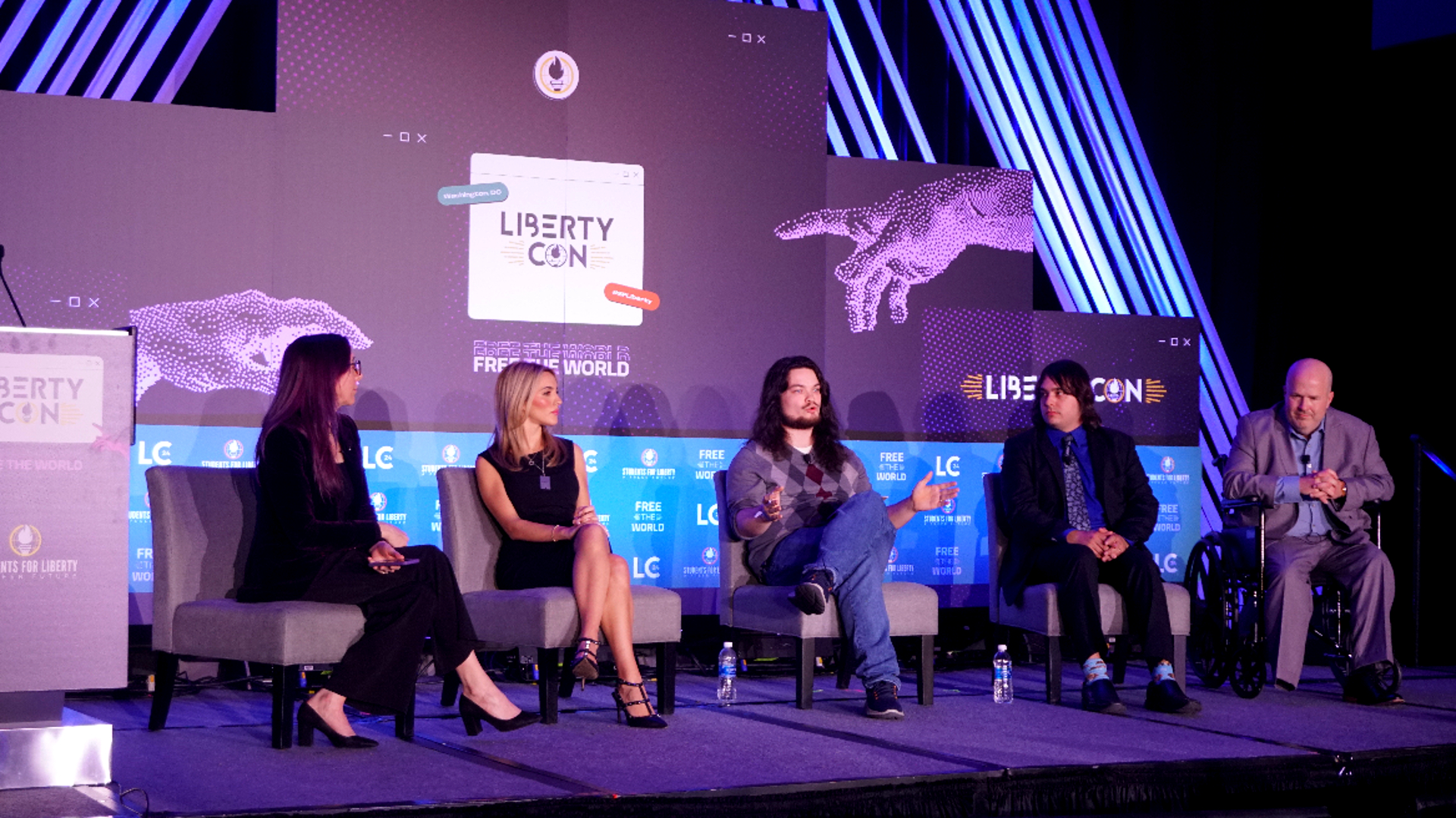
The key to finding truth in a world of misinformation
March 6, 2024
|Free Press
Today, more than ever, journalism is confronted with significant challenges, especially with media outlets striving to captivate audiences and deliver returns to shareholders. But what happens when sensationalism and biased narratives become the norm? Where can individuals turn for accurate information when journalists prioritize agendas over facts? And how do we find common ground in an era of intense political division and factionalism? Among the many enlightening discussions at Students For Liberty’s recent LibertyCon International 2024, one panel stood out for its exploration

Debunking Putin’s Alternative “History”
February 23, 2024
|History
On February 24, 2022, Vladimir Putin commenced a brutal, full-scale invasion of neighboring Ukraine. Two years on from this calamity, let’s examine and debunk some of the bogus justifications put forth by the fascist regime in Moscow and Putin’s alternative “history” that he uses in his attempts to delegitimize the Ukrainian nation. The two main reasons for the war are plain to see: An authoritarian dictator, facing numerous domestic issues, sought to unify the Russian public against the imaginary threat of a belligerent, Western-backed, “Nazi” regime on their doorstep. The
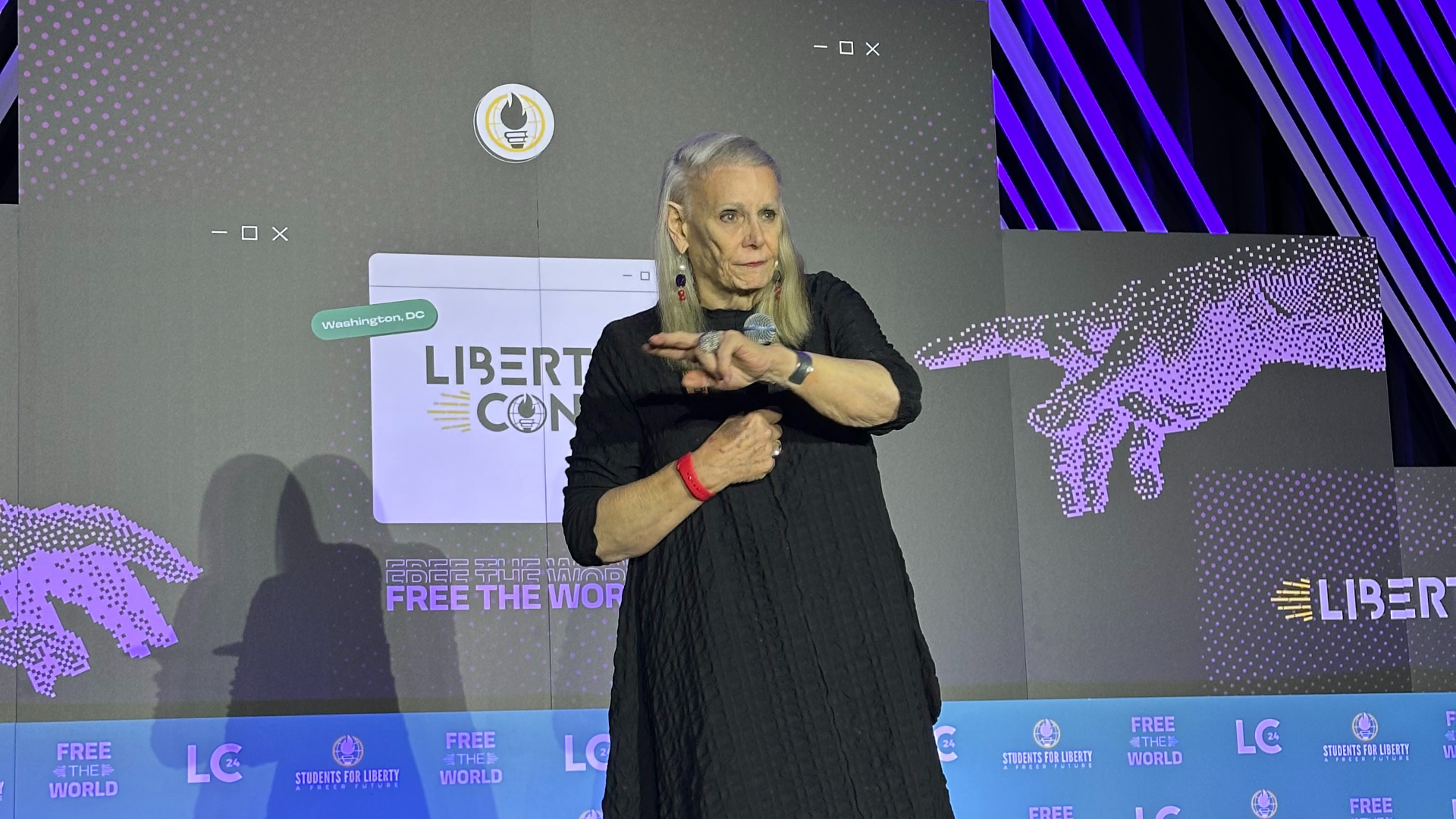
Deirdre McCloskey: ‘The pursuit of freedom has unleashed unprecedented innovation, prosperity, and social transformation’
February 21, 2024
|Economics
Deirdre McCloskey, renowned economist and advocate for liberal values, delivered a stirring address at LibertyCon International, captivating attendees with her insights into the importance of liberty in fostering human flourishing and societal progress. McCloskey's talk centered on the transformative power of liberal ideas, drawing from her extensive scholarship in economics and social theory. She eloquently articulated how principles such as individual freedom, free markets, and open inquiry have propelled humanity forward, unleashing innovation, creativity, and prosperity on an unprecedented
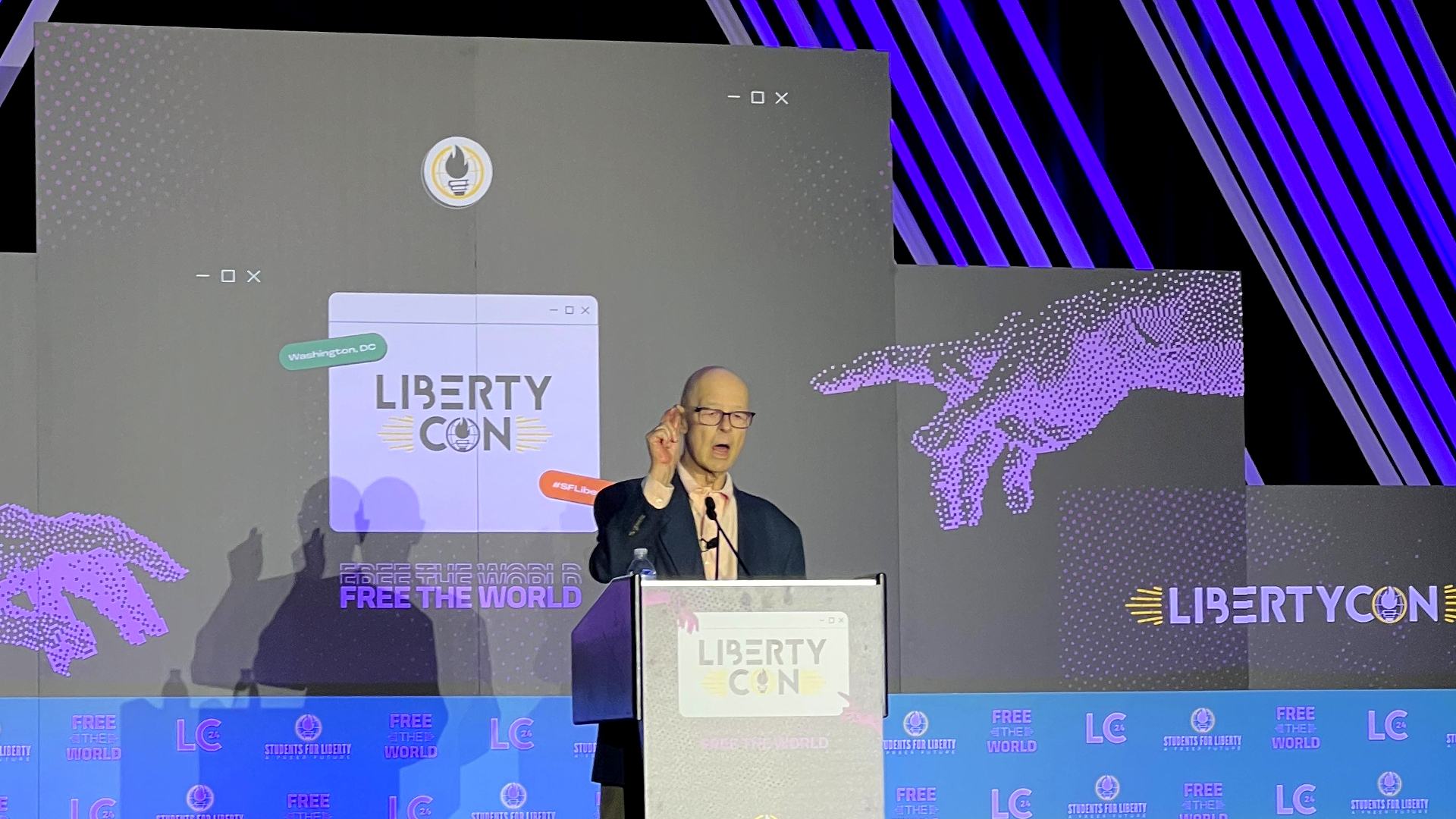
David Boaz: ‘Fight illiberalism and authoritarianism wherever you find it’
|Free Markets and Capitalism
Students For Liberty’s recent LibertyCon International, a gathering of liberty-minded individuals from around the globe, was recently graced by a powerful and thought-provoking talk by David Boaz, an author and prominent figure in the liberty movement. Boaz, known for his insightful commentary on political and economic issues, took the stage to deliver a message that resonated deeply with attendees. He urged the liberty movement to “fight illiberalism and authoritarianism wherever you find it.” Boaz began by reflecting on the historical trajectory of human civilization, emphasizing
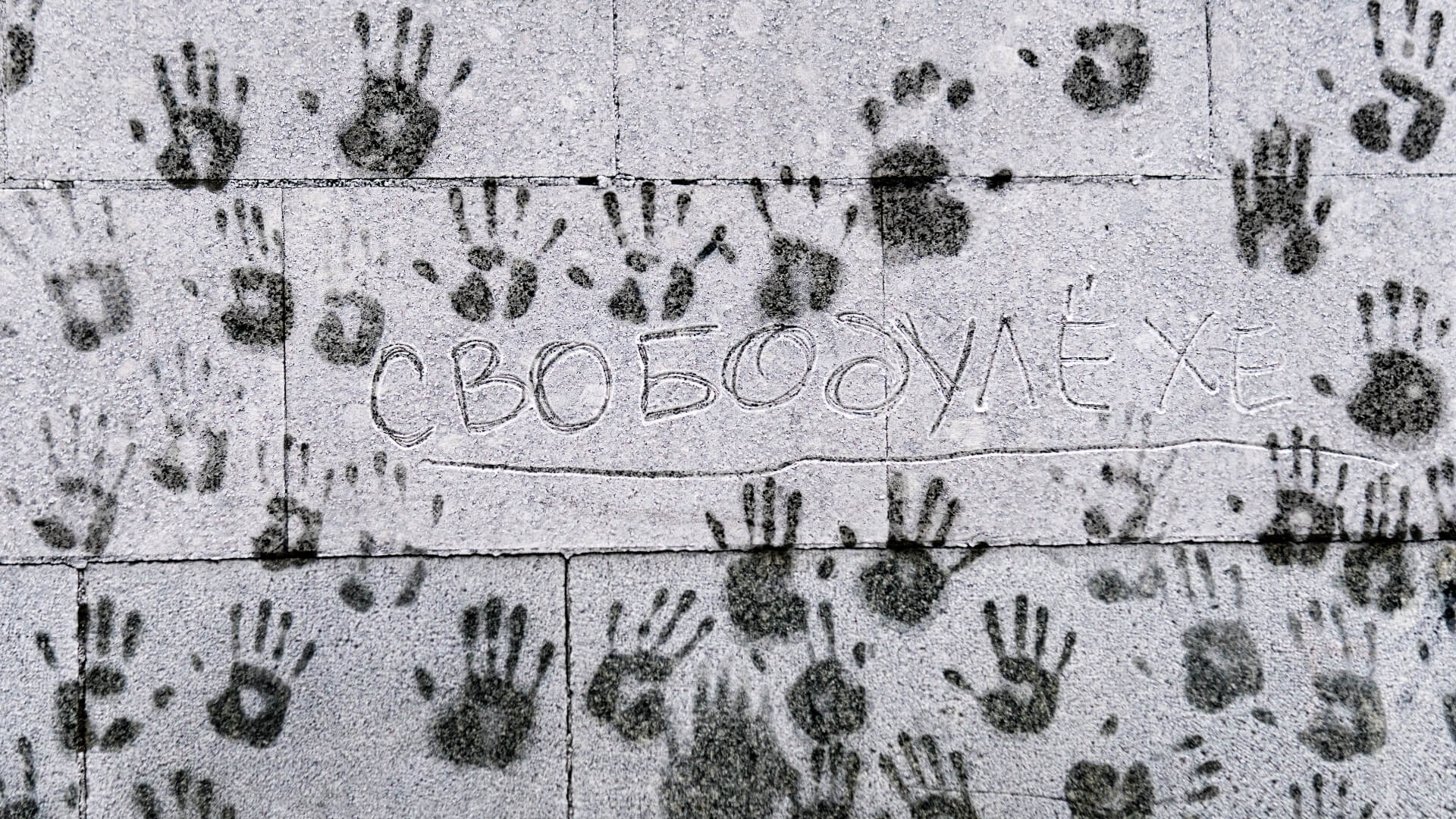
Remembering Alexei Navalny: a champion of freedom in Russia
February 16, 2024
|Civil Liberties
Today, the world mourns the loss of Alexei Navalny, a fearless advocate for liberty and democracy in Russia, who died in a Siberian penal colony on February 16, 2024, aged 47. Alexei Navalny's unwavering commitment to fighting corruption and promoting political reform made him a towering figure in Russian opposition politics and a symbol of hope for millions. Navalny's journey as an activist and political leader was marked by tremendous courage and resilience in the face of significant challenges. Despite facing constant threats and harassment from the Putin regime — even a near-fatal poisoning

AI isn’t going to leave you unemployed
January 22, 2024
|Ethics
From automated factory assembly lines to helping you cheat on your college term paper, AI is doing things today that were barely imagined only a few short years ago. As such, you might be wondering, “is my job at risk of being taken over by robots?” or "will we all end up unemployed?" The short answer is, unless you work in a very specific, repetitive role, it’s unlikely that you’ll be replaced by AI anytime soon. As we navigate the landscape of AI and automation, the fear of job loss is understandable. However, historical patterns show that past technological shifts resulted in a

Why is college so expensive?
January 19, 2024
|Debt
Ever wondered why the price of college feels like it's on a perpetual escalator to the heavens? Well, you're not alone. The soaring costs of higher education are giving us all a serious case of sticker shock. To find out why college is so expensive and why student debt has reached crisis point, we need to dig deep into a maze of factors that ultimately leave the government with a lot to answer for. The alarming rise in college tuition costs over recent decades has become a persistent concern, creating a burden on both current students and taxpayers alike. How government intervention

How government subsidies encourage bad diets
January 18, 2024
|Free Markets and Capitalism
If, like for most people, prices are an important factor in what foods you choose to buy, government subsidies have a significant impact on what ends up on your plate. Walk down any aisle, and you're likely to come across high-fructose corn syrup. This commonly used artificial sweetener owes its prevalence to government handouts to the corn industry. Generous subsidies enable the widespread use of high-fructose corn syrup, contributing to the overconsumption of sugary foods. The alcohol aisle reveals another facet of this issue. Subsidized corn finds its way into mass-produced alcoholic beverages,

How the Grace Richardson Fund is putting free-market environmentalism into action
January 17, 2024
|Entrepreneurship
When people think of initiatives to combat climate change, they'll typically think of top-down, state-led approaches. It involves subsidies, bans, and government promises to accomplish lofty goals by specific dates, before falling short of expectations and kicking the can down the road. Indeed, for the longest time, free-market voices were largely absent from the environmentalist discourse. However, in the past 10 years or so, a significant shift has taken place, challenging the status quo with solutions that rely on innovation over prohibition and promote human progress over economic stagnation. The
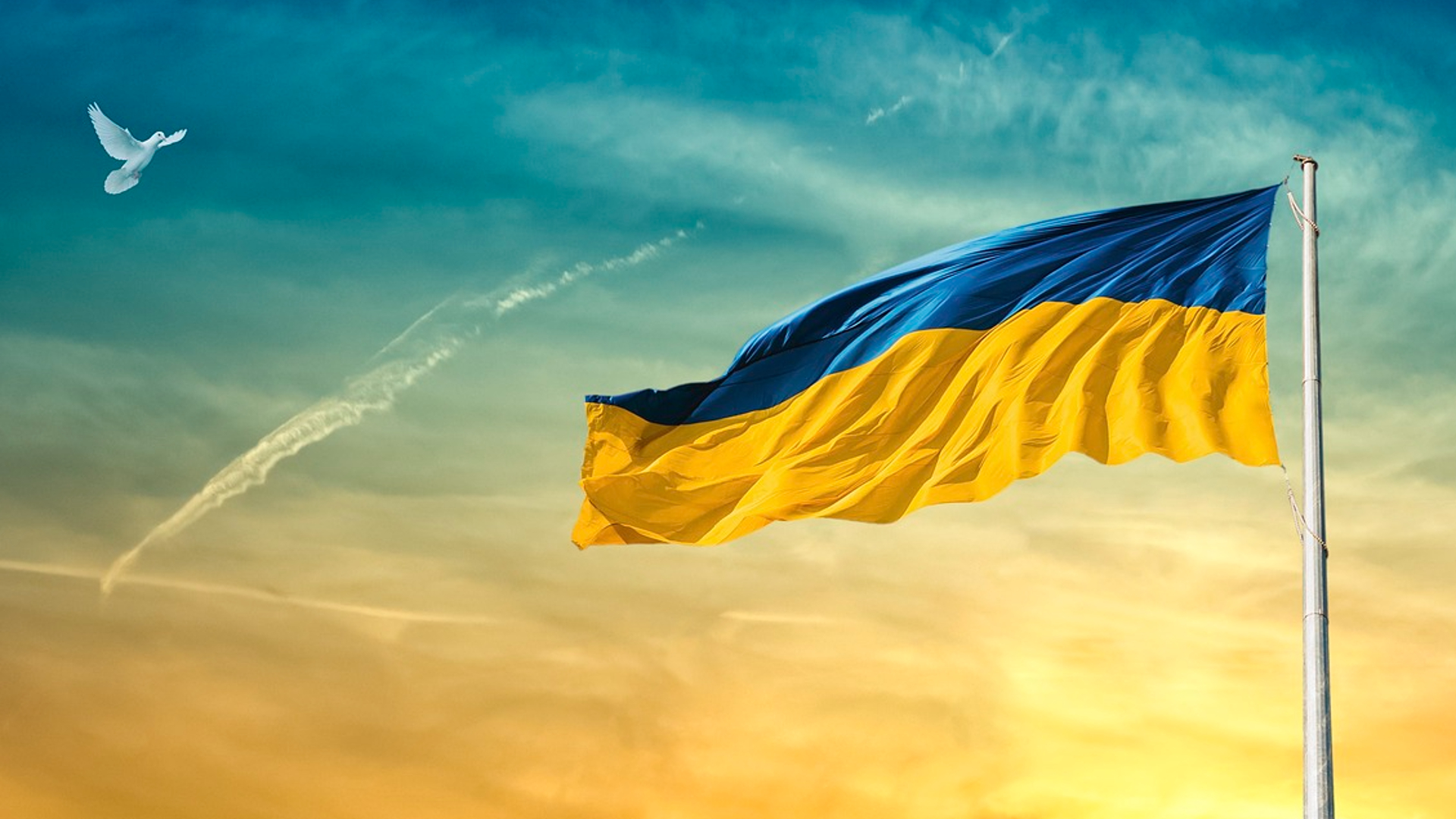
There is only one colonizer in Ukraine, and it isn’t the West
January 16, 2024
|Civil Liberties
Amid the ongoing war in Ukraine, Vladimir Putin and the Russian state — along with many gullible voices in the West — assert that Ukraine is a victim of Western colonialism and expansionism. Indeed, Putin's narrative frames Russia's invasion — or "special military operation" — as a supposed liberation of Ukraine from nefarious external influences. However, an examination of Ukraine's intricate history with its eastern neighbor reveals a starkly different truth — one deeply rooted in centuries of Russian colonialism and expansionism. The Ukrainian nation and identity has been

The rise of political violence: is it only going to get worse?
January 15, 2024
|Politics & Policy
Political violence in the United States has experienced a surge in recent years. Incidents like the January 6, 2021 attack on the Capitol, Antifa rioting, and the infamous Charlottesville rally in 2017 have underscored a concerning trend. The question that looms large is whether this surge is an isolated phenomenon or a harbinger of a darker future for the nation. Political violence has deep roots in American history, from the Revolutionary War to the civil rights movement. However, the '70s marked a particularly tumultuous period with a spike in left-wing and right-wing extremist activities. In

How Section 230 protects your online freedom
January 12, 2024
|Censorship
Section 230, part of the Telecommunications Decency Act of 1996, may sound like just any obscure piece of legislation, but it plays a crucial role in protecting your online freedom. Back in February 1996, when Section 230 became law, it brought common sense to the table — content creators should be held responsible for their own words, not the platforms playing host. This is the essence of America's commitment to free speech. However, in recent years, there has been significant pushback against Section 230 among political figures — and it isn't just from one faction. Both the left and

A new Vancouver development shows what’s possible when housing is deregulated
|Entrepreneurship
Sen̓áḵw is a $3-billion, 11-tower real estate development in Vancouver, set to be built on Squamish Nation reserve land. The project, named after the ancestral territory the Squamish people were removed from in 1913, is a sustainable village developed in partnership with Westbank. The development, including 6,000 housing units, aims to address the housing crisis and generate up to $10 billion in rental revenue. In 2002, the Squamish Nation regained a portion of the original land after a long legal battle. New federal laws enacted in 2018, allowing greater scope for First Nations to

The awkward and uncomfortable problem with national conservatism
January 11, 2024
|Free Trade
The recent surge of national conservatism in the United States has not only highlighted a departure from classical liberal principles but also raised concerns about a fundamental shift away from the values that have long defined American governance. As this ideology gains prominence, it presents an unsettling contrast to the historical tenets that America has traditionally stood for. National conservatism is a departure from American values National conservatism, characterized by authoritarian tendencies and right-wing populism, and embodied by many in today’s Republican

Would a “national divorce” lead to more individual liberty?
January 9, 2024
|Government
As the United States finds itself in the throes of increasing political polarization, the idea of a “national divorce” has gained traction, particularly within the liberty movement. Advocates argue that splitting the nation into independent states could enhance individual liberty, allowing citizens to align with governments that reflect their values. However, opponents contend that such a move could lead to fragmented anti-liberty measures and weaken the nation's collective defense of individual rights. Let’s delve into the key arguments for and against national divorce,

How (true) liberalism made us rich
January 4, 2024
|Economics
Take a moment to consider how the conveniences and comforts we often take for granted were once considered luxuries beyond the wildest dreams of even the wealthiest individuals. Today, a hot shower or a cup of coffee brewed in seconds are completely mundane. A journey across continents taking mere hours is, for many, just a normal part of life. Yet, these marvels would have been the envy of even the most affluent in medieval societies, prior to a period we can refer to as the “Great Enrichment.” How the Great Enrichment transformed the world The Great Enrichment,
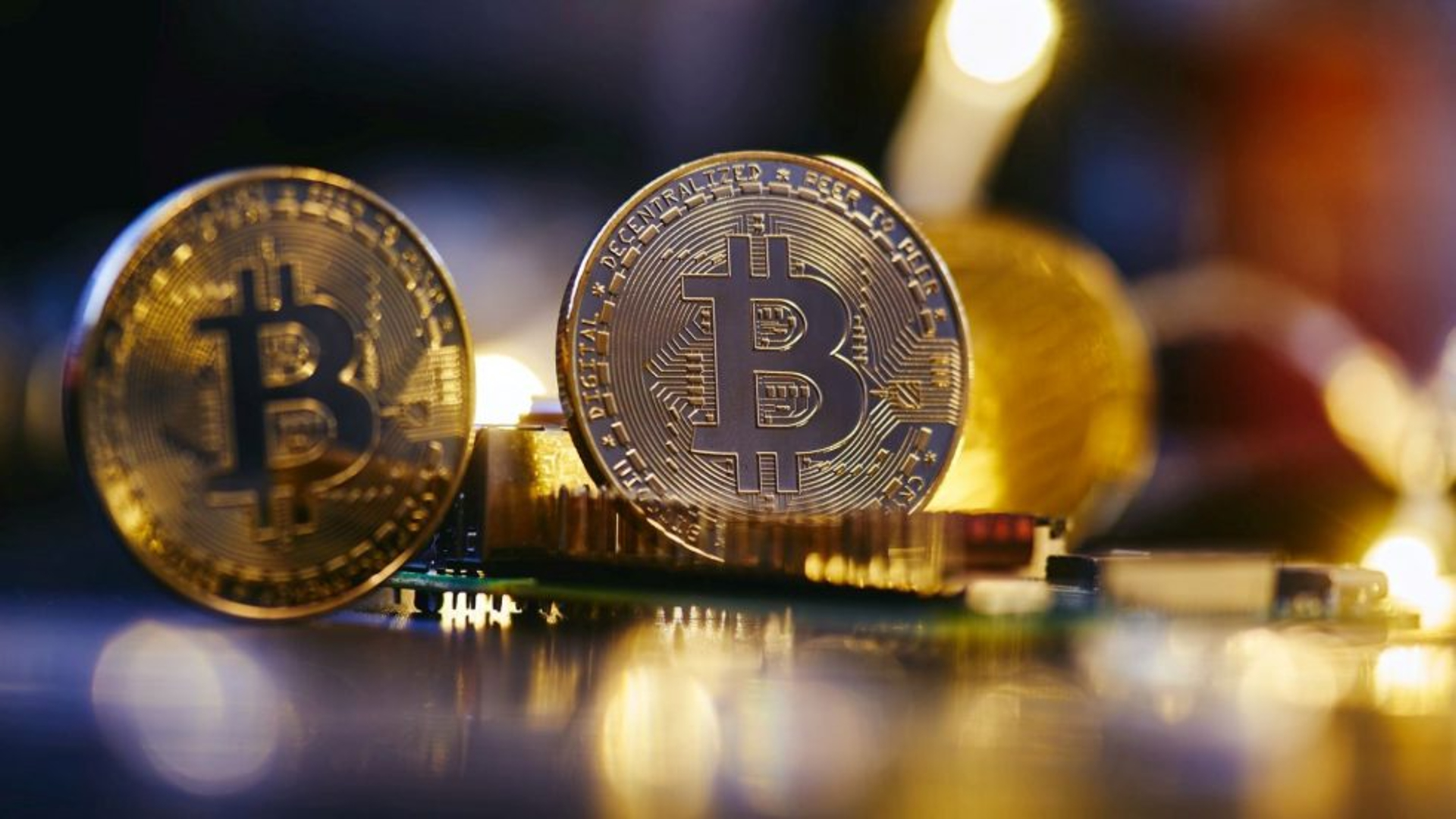
What makes Bitcoin such a revolutionary concept?
January 3, 2024
|Cryptocurrency
In the 15 years since the Genesis Block, the first set of 50 BTCs, was mined in January 2009, Bitcoin’s profile and impact on the global economy has increased exponentially. The once notoriously obscure subject of cryptocurrency has now made inroads into the mainstream, whether it be casual speculators or people who depend on the cryptocurrency as a financial lifeline. Hundreds of millions of people around the world have begun to recognize the merits of the truly revolutionary concept of a decentralized peer-to-peer currency. The Bitcoin network was born when the open-sourced code

The death penalty has no place in a civilized society
December 22, 2023
|Criminal Justice
In May 2023, authorities in Iran hanged two men convicted of blasphemy. In a country controlled by a despotic theocracy with an abysmal human rights record, such tragic injustices are sadly not rare. Indeed, in Iran, at least 582 people were executed in 2022 alone, including 256 for drug offenses. While the use of the death penalty by authoritarian regimes such as Iran’s is not surprising, what can be said for its use in countries that claim to be free societies? In the United States, capital punishment is a legal penalty at the federal level as well as in 27 states. Among countries deemed
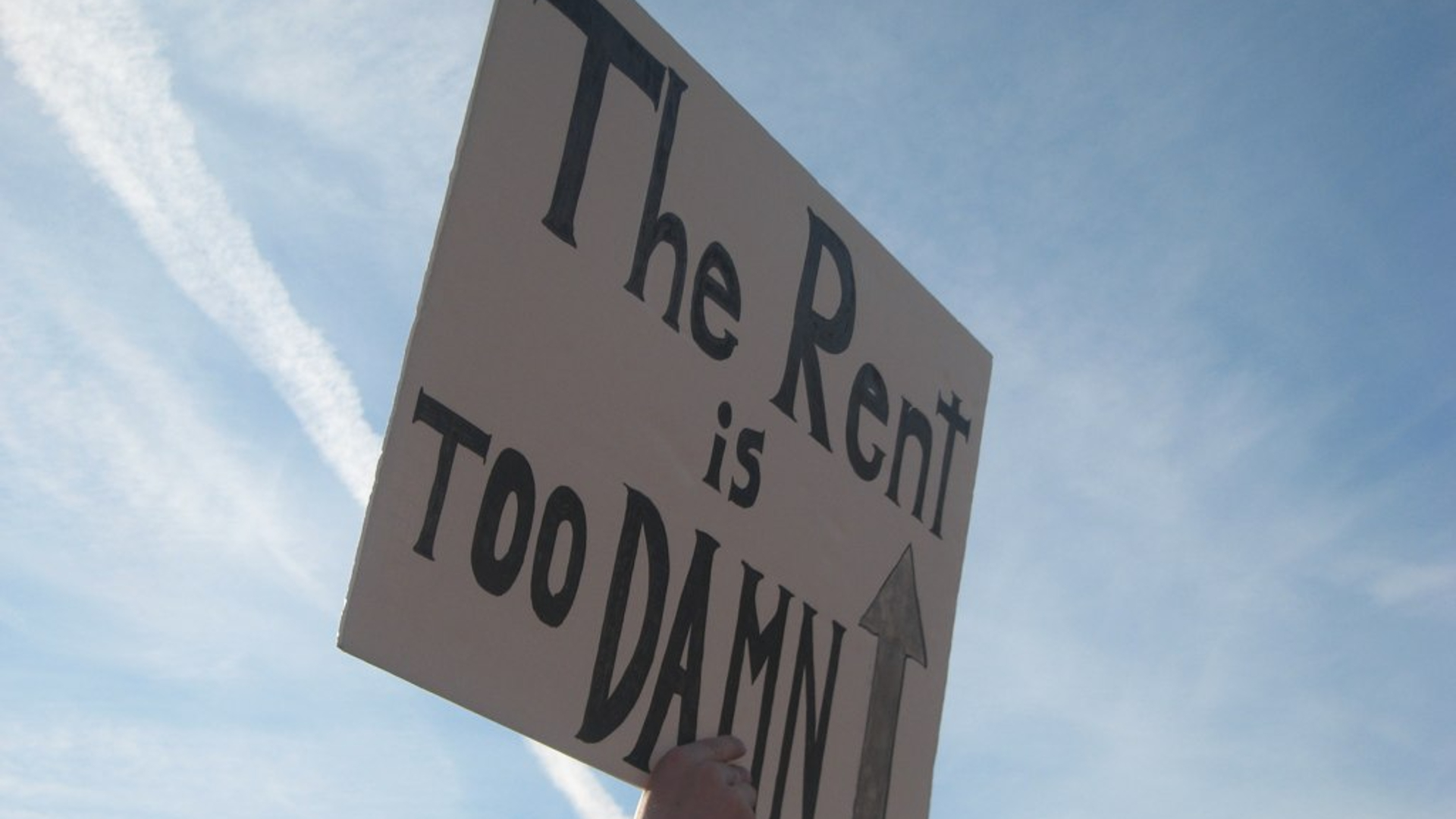
Unmasking the true force behind the housing crisis
December 21, 2023
|Lobbying & Special Interests
For the first time since the Great Depression, a majority of young adults in the U.S. aged 18-29 live with their parents. The intensifying housing crisis across the United States and worldwide is a pressing concern, particularly for Millennials and Gen Z, who are often priced out of getting their own place for far longer than what has been the norm for previous generations. Such a crisis inevitably prompts a blame game. Is it the fault of greedy landlords? Opportunistic investors? Gentrification? In the relentless struggle for affordable housing and more livable neighborhoods, an

Despite regulatory barriers, 3D-printed houses can revolutionize the construction industry
December 20, 2023
|Entrepreneurship
The United States and other Western nations are capitalist, right? Well, not really. It is thankfully not socialism, where the economy is designed and controlled by central planners. However, the economy is far too burdened with regulatory barriers to even approach a free-market system that thrives on competition, innovation, and ever-increasing efficiency. These regulatory barriers, often originating as attempts to ensure consumer protection, have created a system that erodes many of the benefits associated with true free markets — and chief among these benefits is innovation. Breaking

How occupational licensing oppresses the poor
December 19, 2023
|Poverty & Inequality
Imagine having to pay and jump through hoops for the government to allow you to work. That’s essentially how occupational licensing works. Occupational licensing is a regulatory mechanism that requires individuals to obtain a government-issued license before they can legally engage in certain professions or occupations. While proponents argue that the aim of occupational licensing is to ensure public safety and consumer welfare, establishing a baseline of competence and professionalism within various fields, However, it has evolved into a bureaucratic system that disproportionately

To address poverty, we must forget about inequality
December 18, 2023
|Economics
Let’s start with a trivia question: What do France and Myanmar have in common? Believe it or not, in recent years, both have had the exact same levels of income inequality, scoring the same 30.7 according to the World Bank Gini Index. Despite having this point in common, by almost any other metric, France and Myanmar are very different. France is a developed country with a high standard of living while in Myanmar, which is ruled by a military dictatorship, 40 percent of the population live below the national poverty line. Moreover, going by the Human Development Index, France’s score

It’s time for qualified immunity to go
December 15, 2023
|Civil Liberties
In Milwaukee, the shadows of a disturbing past linger, exposing the deep flaws in our justice system. In 1991, when neighbors called police, concerned about suspicious behavior in the apartment next door, two officers arrived to speak with the occupant, none other than infamous serial killer Jeffrey Dahmer. Upon their arrival, they found a bleeding, naked 14-year-old boy, Konerak Sinthasomphone. Officers John Balcerzak and Joseph Gabrish ultimately dismissed Dahmer’s neighbors’ concerns, instead taking Dahmer’s version of events — that the boy was his 19-year-old lover and had too

Four civil asset forfeiture horror stories: how many more will it take to end it?
|Civil Liberties
Imagine waking up one day to find your car or even your home is no longer yours. Law enforcement, armed with the authority of civil asset forfeiture, has seized it, suspecting connections to criminal activity. Even though you are innocent, the burden of proof is on you, it’s near impossible to get your case in front of a judge, and it could be years before you get your property back. Now, this may sound like the plot of a dystopian novel, but for countless individuals across the United States, it's a terrifying reality. Civil asset forfeiture is a legal process that allows

Meet the fearless middle schooler who dared to wear the Gadsden flag in class
December 13, 2023
|Education
In late August 2023, middle schooler, Jaiden Rodriguez, was removed from class over a Gadsden flag patch on his backpack. An administrator at Vanguard School in Colorado Springs, Colorado, claimed that the reason Jaiden’s patch was deemed unacceptable was the Gadsden flag’s supposed connections to slavery and the slave trade, and that it would be disruptive. This position stands in defiance of the First Amendment’s protection of free speech, which has long been deemed fully applicable to publicly funded schools by the U.S. Supreme Court. Indeed, in Healy v. James (1972), the

If you care about liberty, beware of CBDCs
December 11, 2023
|Blockchain
In recent years, the concept of Central Bank Digital Currencies (CBDCs) has gained increasing traction across the globe, with proponents lauding the potential benefits of a digitized monetary system. However, when we explore the real-life implications of CBDCs, it becomes increasingly clear that the rush toward digital currencies controlled by central banks poses a significant threat to individual liberty. CBDCs mean the end of financial privacy Privacy is a fundamental right that should extend to our financial transactions. CBDCs, by design, raise serious concerns about

Here’s the reason mainstream environmentalist groups hate nuclear energy: they’re paid to
November 28, 2023
|Environment
For decades, nuclear power has been shunned by mainstream environmentalism. Concerns over safety, radioactive waste, and the specter of catastrophic accidents like Chernobyl and Fukushima have fueled a deep-seated aversion to nuclear energy among most environmentalists. However, the Natural Resources Defense Council, a prominent environmentalist nonprofit, recently shut down its longstanding program dedicated to opposing the nuclear industry — and they’re not alone in this switch of priorities. So, what is causing environmentalist groups to run out of steam in their anti-nuclear

Why trade wars are wars on the poor
November 14, 2023
|Economics
In the not-so-distant past, political leaders from both sides of the aisle in the United States held a general consensus on the benefits of free trade. Indeed, during their presidential campaigns in 2000, Al Gore and George W. Bush, despite their differences, at least agreed that fostering open markets was crucial for the nation's prosperity and the well-being of its citizens. Fast forward to the present day and we find Joe Biden and Donald Trump endorsing staunchly protectionist policies, plunging the nation into a series of trade wars. The shift away from a once-broad consensus on free
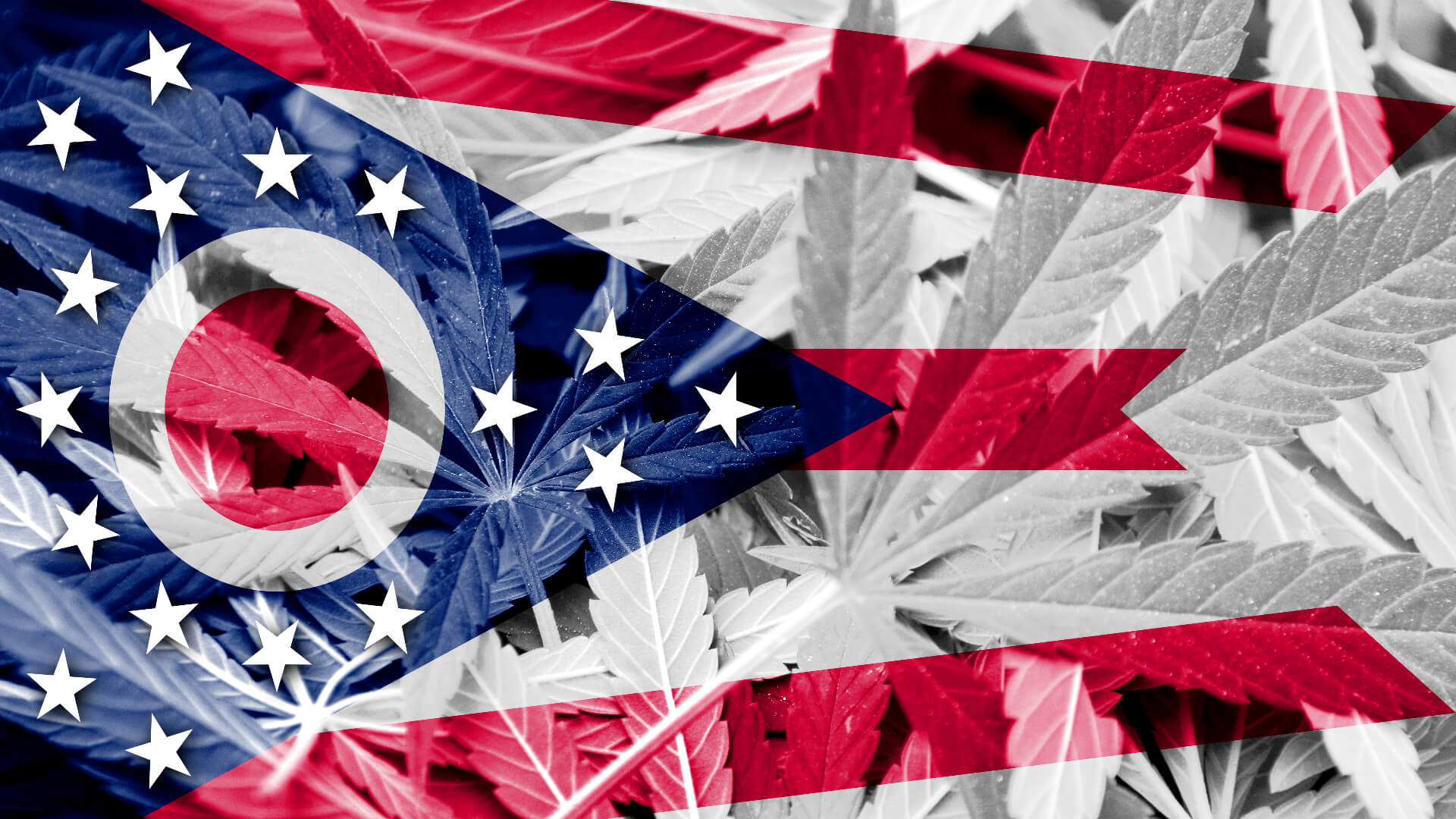
Ohio voted to legalize marijuana: here’s what you need to know
November 9, 2023
|Civil Liberties
On November 7, 2023, voters in Ohio approved the Regulate Marijuana Like Alcohol initiative, listed on the ballot as Issue 2. With almost 57 percent of voters in favor, Ohio thus becomes the 24th state to legalize recreational marijuana. Now, let’s take a look at what happens next and what exactly the legalization of marijuana in Ohio will look like? What exactly is being legalized in Ohio? Once enacted, the rules set out under Issue 2 mean that anyone 21 and over can legally purchase, possess, and consume marijuana. In Ohio, marijuana has been legal for medicinal purposes since

Justin Amash: exposing America’s broken political system
November 8, 2023
|Government
A former U.S. Representative for Michigan's 3rd congressional district from 2011 to 2021, Justin Amash has always stood out for his commitment to upholding the Constitution and pro-liberty principles, which often placed him at odds with party colleagues. During his time in Congress, Amash was widely regarded as a leading advocate for government restraint. Originally elected as a Republican, he parted ways with the GOP and became an Independent on July 4, 2019. In April 2020, Amash joined the Libertarian Party, becoming the first and only Libertarian to serve in Congress. While he did

This Halloween, let’s look back at 6 scary incidents created by the COVID lockdowns
October 31, 2023
|Civil Liberties
This Halloween, let’s look back at some terrifying incidents from the recent past that should not be forgotten. For the best part of two years, beginning in March 2020, attempts to mitigate the COVID-19 pandemic involved governments around the world seizing new powers and further expanding the scope of the state. Lockdown restrictions saw widespread disruption to normal life for almost everyone. However, some authorities took their new powers and privileges to a level beyond what anyone sane would consider reasonable, leading to a range of truly terrifying incidents. 1. In

Three pro-liberty perspectives on war
|Ethics
War, a tragic yet perennial facet of human history, has long been a subject of intense debate. Many philosophers and political thinkers have grappled with the ethical, moral, and strategic implications of war. As a general rule, within the broader liberty movement, thinkers tend to be skeptical of war's inherent power to curtail individual freedom and to expand the reach of government. However, the nature and scope of this opposition to war varies significantly depending on the school of thought and indeed, the specific circumstances of each conflict. Within this nuanced landscape,
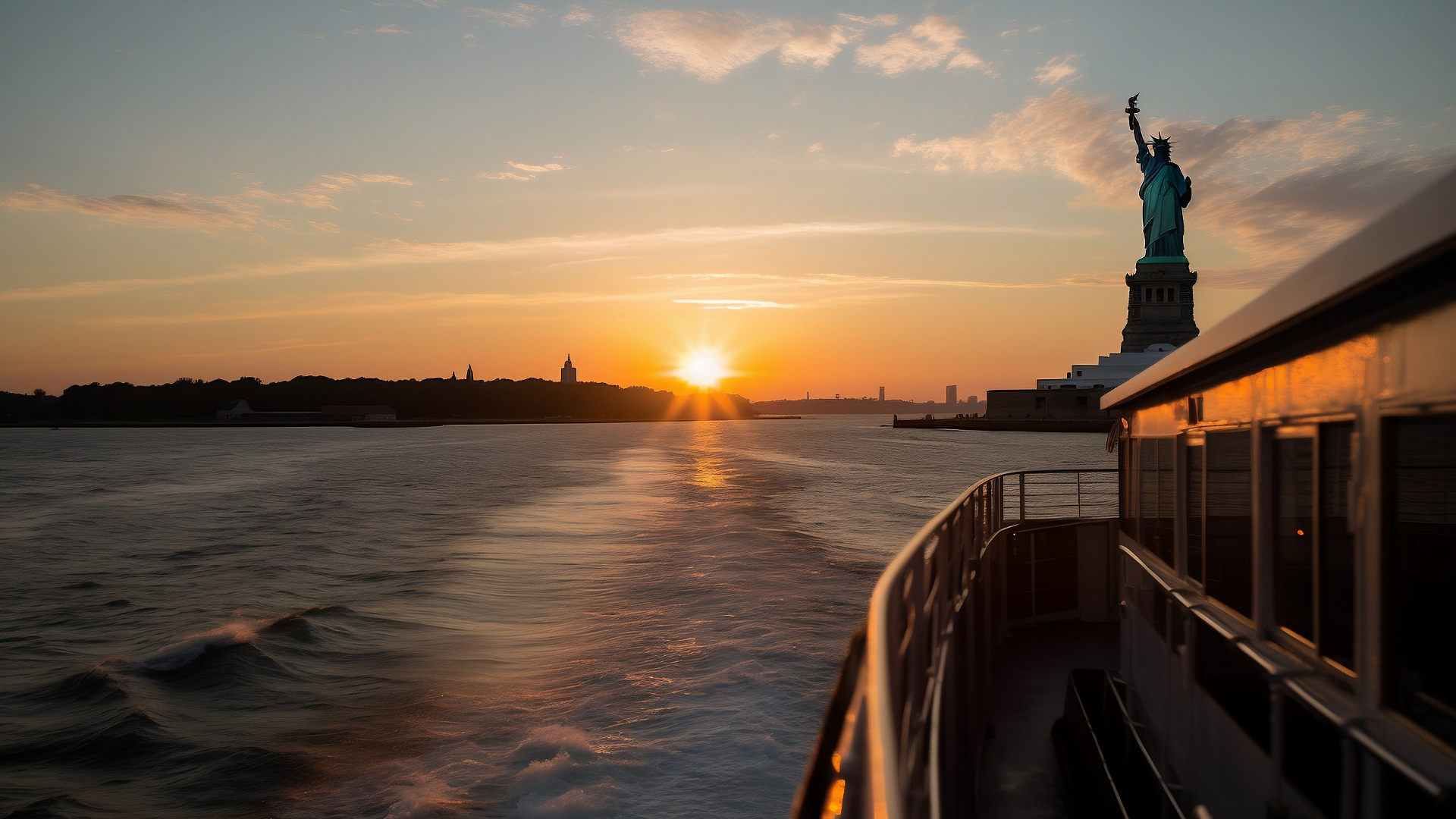
Socialism is immoral. This Soviet refugee tells us why
October 20, 2023
|Economics
Take a moment to think about how socialism is generally viewed. What comes to mind? Probably a noble ideal that doesn’t work in practice or hasn’t been given a proper chance. Either way, socialism has long been heralded as a moral vision for a society where everyone is treated equally and where wealth and resources are shared so that no one suffers the sting of poverty. Except in reality, it is neither practical nor moral, and the most compelling case for why socialism is immoral comes from someone with first-hand experience. Picture a life under the looming specter of collectivism,

Think school choice mainly benefits rich families? Think again
October 13, 2023
|Education
In the debate about school choice, one argument pops up again and again from those who oppose it: that school choice primarily benefits more affluent families, leaving working-class and lower-income families behind. But this argument neglects the advantages that school choice offers to those who need it most. Here are seven ways school choice benefits poorer students. 1. Escaping failing schools Critics of school choice often assume that all public schools are of equal quality, which is far from the truth. In reality, lower-income families are more likely to reside in

Why freedom matters more than safety
October 9, 2023
|Civil Liberties
In an age consumed by concerns for safety and security, many of us have been quick to embrace unprecedented safety measures, surveillance, and expanding state control. Safety is, of course, to be valued, but some important questions do arise, particularly in the context of our 21st-century challenges: Are we sacrificing too much freedom in the pursuit of safety? Is freedom more important than safety, and if so, why? The idea here is not to reject safety outright, but to ensure that it is achieved within the bounds of individual freedom, limited government, and the protection of individual rights.

7 controversial life lessons that shouldn’t be controversial
September 25, 2023
|Free Will and Moral Responsibility
What if I told you that some of the most profound and transformative life lessons are often those that challenge conventional wisdom and appear, at least to many, to be most controversial? In a world filled with conflicting ideologies and societal pressures, it's crucial to pursue a journey of personal growth and self-discovery that places a strong emphasis on individualism, liberty, and your rational self-interest. By the way, feel free to click out of this article if you believe your career has peaked, you're thrilled with your life, and you're happy with your relationships. Enjoy
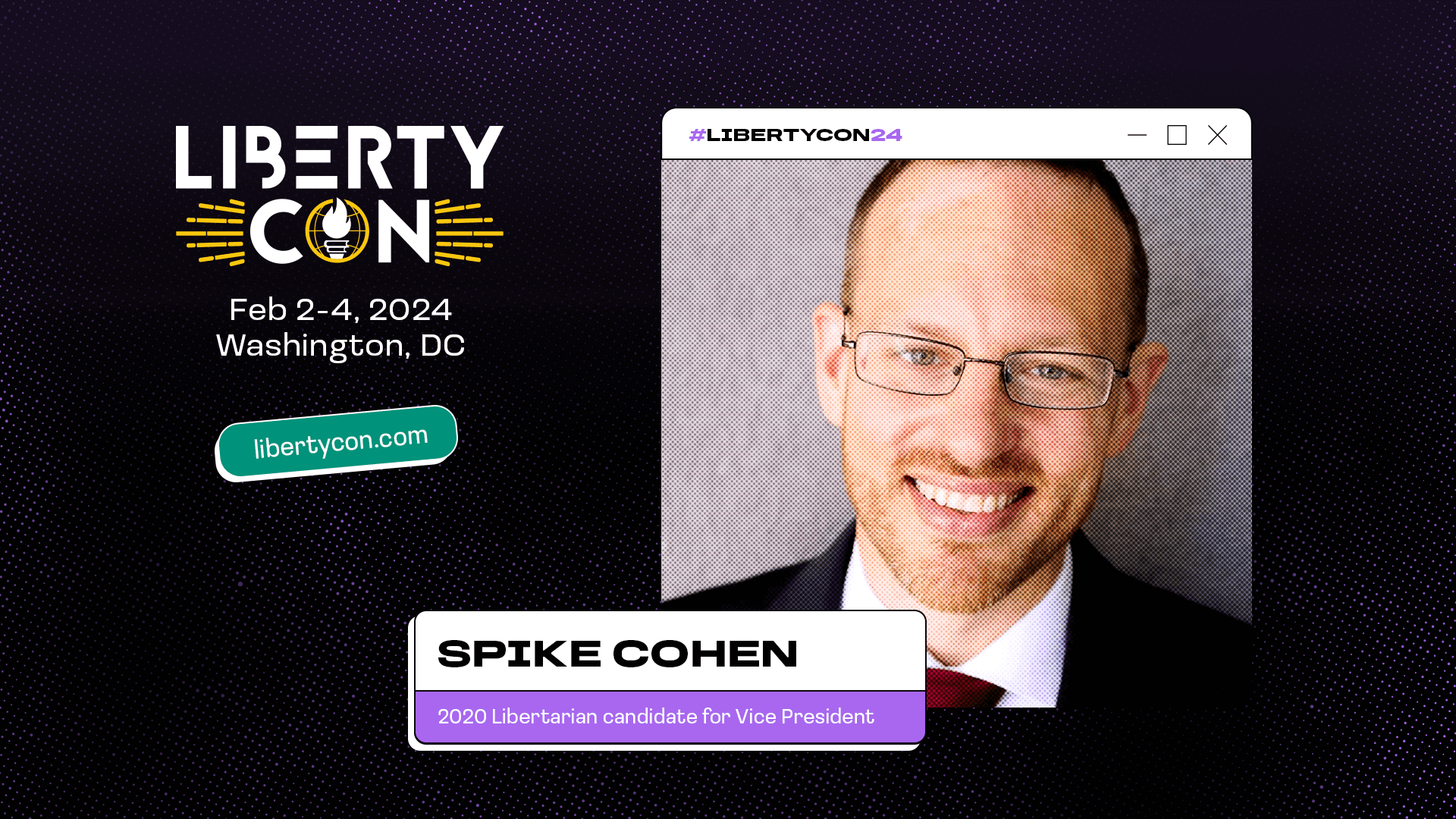
Spike Cohen: What’s next for the liberty movement?
September 19, 2023
|Announcement
In July 2023, amid the lively atmosphere of FreedomFest in Memphis, I had the privilege of sitting down with Spike Cohen, the Founder and President of You Are The Power and the 2020 Libertarian Party nominee for vice president. Known for his spirited advocacy, Cohen has been a vocal champion of individual liberty through his grassroots activism and strong online presence. In our interview, we discussed a range of pressing issues that are shaping the liberty movement in the current political landscape. Join me as we dive into Spike Cohen's insightful perspectives on the challenges and

Libya: a cautionary tale against interventionism
|Government
This month’s devastating floods affecting Libya have brought the country back to the forefront of international media. In the annals of international relations, Libya stands as a stark reminder of the perils of interventionism. The removal of Muammar Gaddafi, a dictator notorious for his brutality and erratic behavior, was initially hailed as a triumph of Western intervention. However, twelve years on, Libya remains a cautionary tale, a nation engulfed in chaos and violence, its people suffering as a result of the very intervention that promised liberation. There is no denying that Gaddafi's
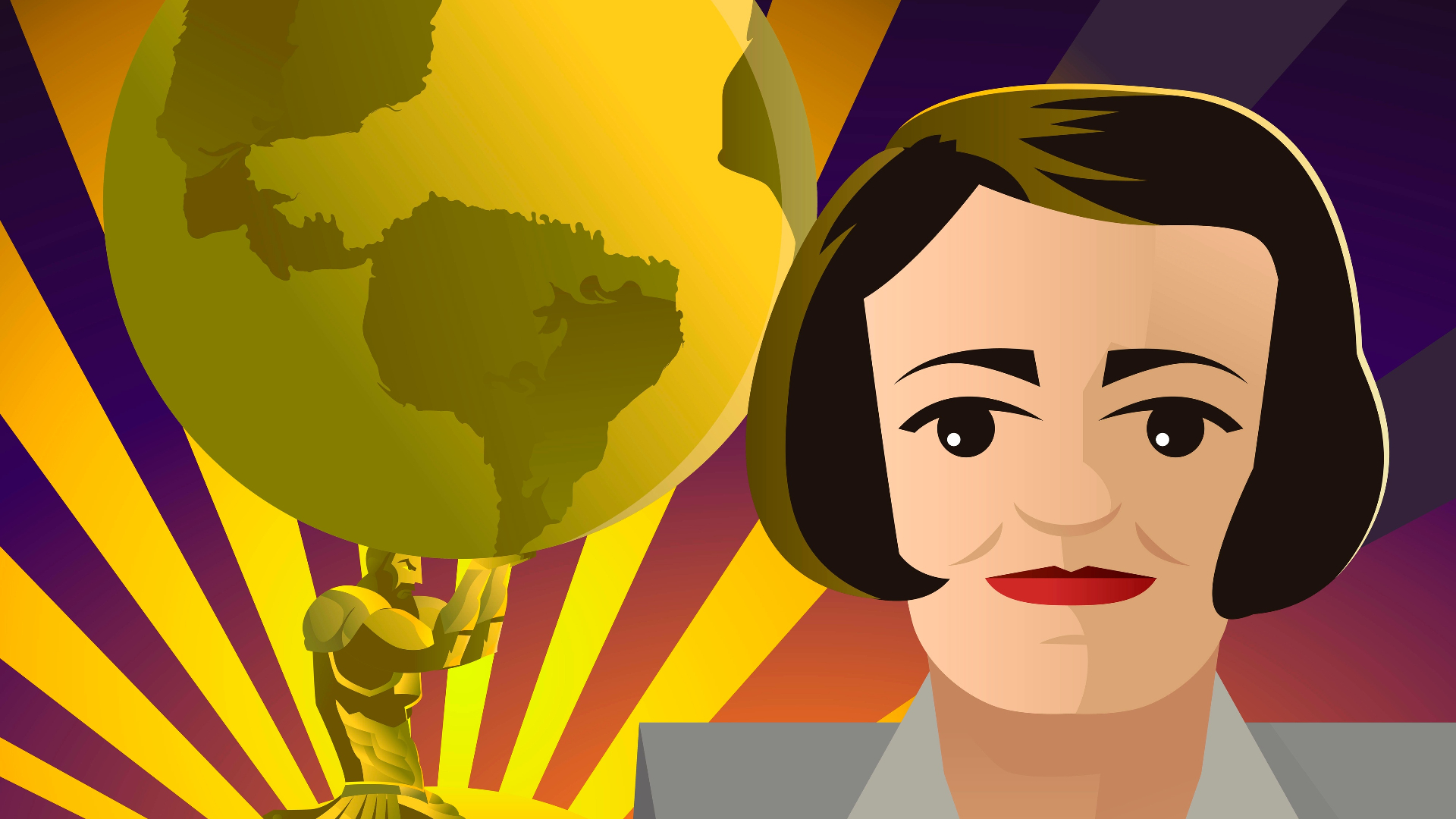
Five books to understand Objectivism
September 18, 2023
|Philosophy
In the world of philosophy and literature, few figures have left as profound an impact as Ayn Rand. Her philosophy of Objectivism, rooted in the principles of reason, individualism, and rational self-interest, has ignited intense debates, inspired countless followers, and challenged conventional wisdom for decades. Whether you're an avid philosopher or a curious reader, delving into Rand's ideas is an intellectual journey worth embarking on. To begin this enlightening voyage into the world of Objectivism, we've curated a selection of five essential books that provide a solid foundation for understanding

Why defending LGBTQ+ liberty remains an imperative
August 24, 2023
|LGBTQ
In a society that increasingly claims to champion progress and inclusivity, a recent tragic event stands as a stark reminder of the enduring danger faced by LGBTQ+ individuals and their allies. On Friday, August 18, 2023, Laura Ann Carleton, a California shop owner and mother of nine, tragically lost her life in a senseless act of violence. A staunch ally of the LGBTQ+ community, Carleton displayed a pride flag at the entrance to her store. When a man tore down her flag, she confronted him. After the ensuing argument, the man who took exception to the LGBTQ+ pride flag fatally shot the

How immigration creates a more prosperous world
August 23, 2023
|Immigration
Throughout history, human migration has been a fundamental aspect of the human experience. From the earliest days of humanity, individuals and communities have ventured across landscapes and continents in search of better opportunities, resources, and safety. Whether it was the migration of early humans from East Africa to the surrounding regions or the millions of immigrants who sought a better life in the United States in recent centuries, the phenomenon of immigration is driven by individual decisions to pursue a better life and seek better opportunities somewhere else. Early human migration

Uniting for Ukraine: How Ukrainian refugees are filling America’s labor void
August 11, 2023
|Immigration
In the vast expanse of North Dakota's oil fields, a quiet yet significant transformation is taking place. Thousands of Ukrainian refugees have found their way to this unlikely destination, contributing to a workforce grappling with severe shortages. While their presence has brought forth positive change, it's astounding how this story remains shrouded in relative obscurity. Let’s look at how the story of North Dakota’s newest arrivals and the success of the Uniting for Ukraine program shows the potential for a simplified and more open immigration process. The Uniting

Five books to understand Austrian economics
August 4, 2023
|Basic Economics
Ready to explore the fascinating world of Austrian economics? This article has got you covered! Whether you're new to the subject or eager to learn more, we've handpicked five essential books just for you. Discover the core principles and groundbreaking ideas that shape this influential field. Get ready to dive in and unlock timeless wisdom and profound perspectives that will captivate your mind. Let's embark on this journey together! 1. Economics in One Lesson, by Henry Hazlitt (1946) Economics in One Lesson, a captivating work by Henry Hazlitt (1894-1993), is as good an entry

A history of money and the gold standard
July 28, 2023
|Basic Economics
The history of money is a story of human ingenuity and economic evolution. From the early days of bartering to the unfortunate establishment of fiat currency to a future rippling with potential thanks to cryptocurrencies, the concept of money has endured a wild ride. To understand this evolution, though, we must first explore the origins of money and the advent of the gold standard. The origins of money and the gold standard Throughout history, various items, from livestock to precious metals, have served as mediums of exchange. The gold standard emerged in the 19th century

Five reasons why you need to be at LibertyCon International
July 17, 2023
|Announcement
Step into a vibrant world of freedom and possibility at LibertyCon International on February 2-4, 2024! Immerse yourself in captivating discussions, electrifying talks, and a dynamic atmosphere that will reignite your passion for individual rights, limited government, and free markets. Prepare to be inspired and challenged as you join a community of liberty enthusiasts who are changing the world! 1: Meet the influencers shaping the liberty movement Rub shoulders with the fearless champions of liberty at LibertyCon. Engage with thought leaders, activists, and experts who have left

Five books to understand classical liberalism
July 6, 2023
|Basic Economics
Ready to dive into the captivating world of classical liberal literature but not sure where to start? We’ve got you covered! Whether you’re new to the world of classical liberalism or seeking to expand your knowledge, these five books are key to unlocking a deeper appreciation of its core tenets. 1. On Liberty, by John Stuart Mill (1859) On Liberty is a renowned philosophical work by John Stuart Mill, published in 1859. In this influential book, Mill argues for the importance of individual freedom and the limits of state authority in society. The core idea presented in

How classical liberalism played a crucial role in advancing LGBTQ+ rights
June 28, 2023
|Civil Liberties
Classical liberalism, with its emphasis on individual liberties and limited government intervention, has played a crucial role in advancing the rights of LGBTQ+ people throughout history. By advocating for principles such as individual liberty, reason, fundamental rights, and equal treatment under the law, classical liberal ideas have challenged societal norms, fought against oppression, and paved the way for greater acceptance and inclusion. Let's dive into the fascinating intersection of classical liberalism and LGBTQ+ rights, examining real stories that exemplify the impact

A classical liberal perspective on the significance of Juneteenth
June 19, 2023
|Civil Liberties
Juneteenth has long served as an occasion to commemorate and celebrate the end of slavery in the American South. First celebrated in 1866 as Jubilee Day in Texas, Juneteenth has been an official holiday in the Lone Star State since 1979, with many other states following suit. Commemorating the end of American slavery on June 19 has gradually gained traction nationwide, such that Juneteenth has been officially recognized as a federal holiday. After being passed unanimously by the Senate and 415-14 by the House of Representatives, the Juneteenth National Independence Day Act was signed into law

Debunking 3 myths about the French Revolution
June 14, 2023
|History
The French Revolution is a pivotal event in history that brought significant political and social changes to France. However, there are many longstanding misconceptions surrounding this series of events. Here, we aim to debunk some common myths about the French Revolution and shed light on the realities of this pivotal period in French — and indeed global — history. Myth #1: The French Revolution provided equality for all It is often asserted that the French Revolution provided equal political rights for all. However, in practice, the principles of "liberty, equality, fraternity"

How Alan Turing’s tragic tale epitomizes LGBTQ+ persecution by governments
June 13, 2023
|Equal Treatment Under Law
In June 2021, the Bank of England introduced a groundbreaking addition to its currency lineup: a new £50 banknote crafted from durable polymer that pays homage to Alan Turing (1912-1954). Turing was an English mathematician, cryptanalyst, and computer scientist who played a pivotal role in deciphering intercepted enemy communications during World War II. However, despite his invaluable role in defeating Nazism through his code-breaking expertise, Turing was subsequently persecuted by the British state due to his homosexuality. In a devastating turn of events, he was prosecuted for "gross
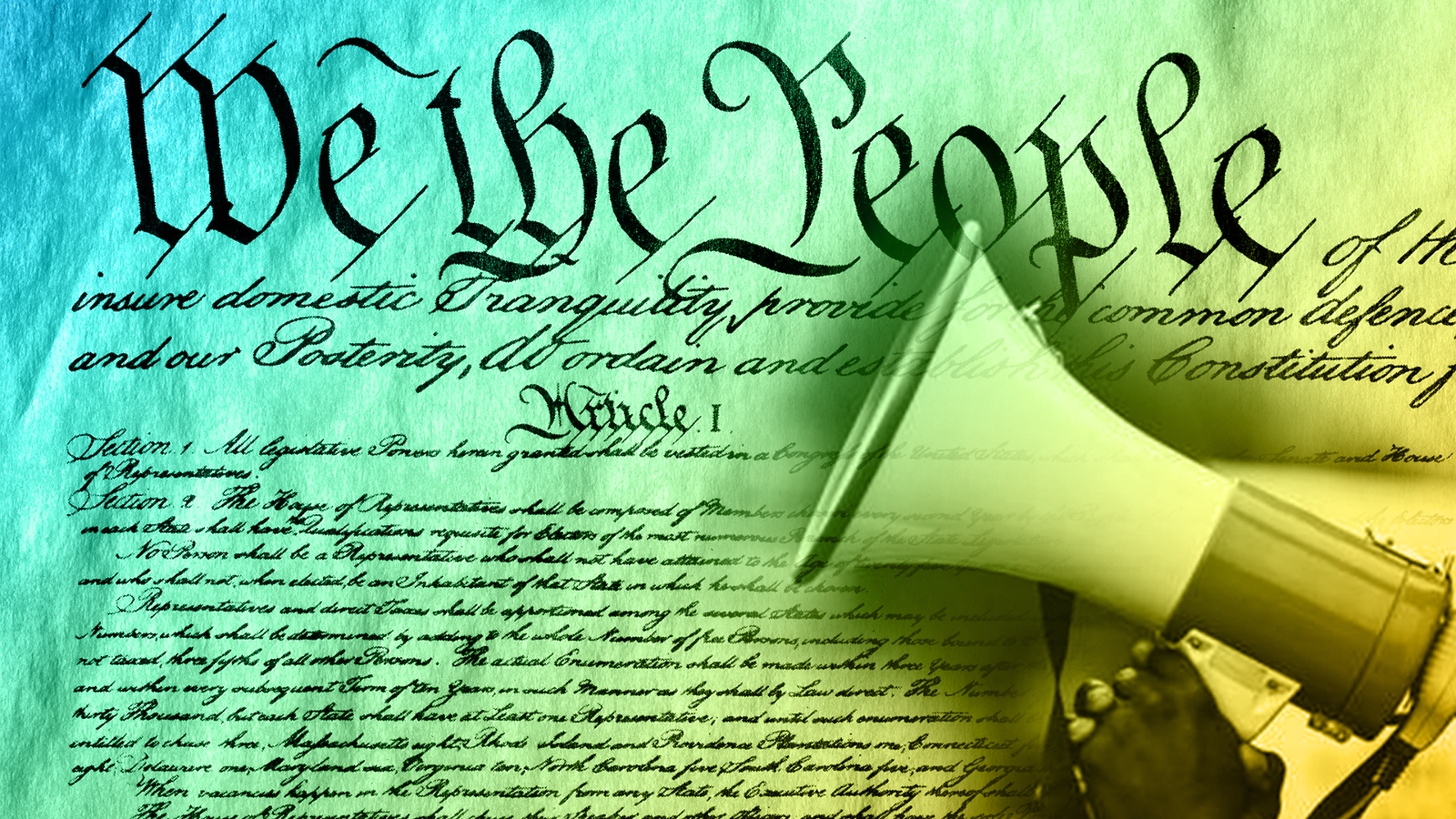
A history of free speech in America
June 8, 2023
|Free Speech
Free speech is an immensely important aspect of what has made the United States the country it is today. The right to free speech in America is enshrined as a fundamental right in the First Amendment to the Constitution, meaning that individuals must be free to express their opinions, ideas, and beliefs without fear of censorship or government reprisal. In other words, Americans have a constitutional right to put forth dissenting ideas and openly criticize their government and political representatives — something individuals can be fined for or thrown in jail over in many other countries. The
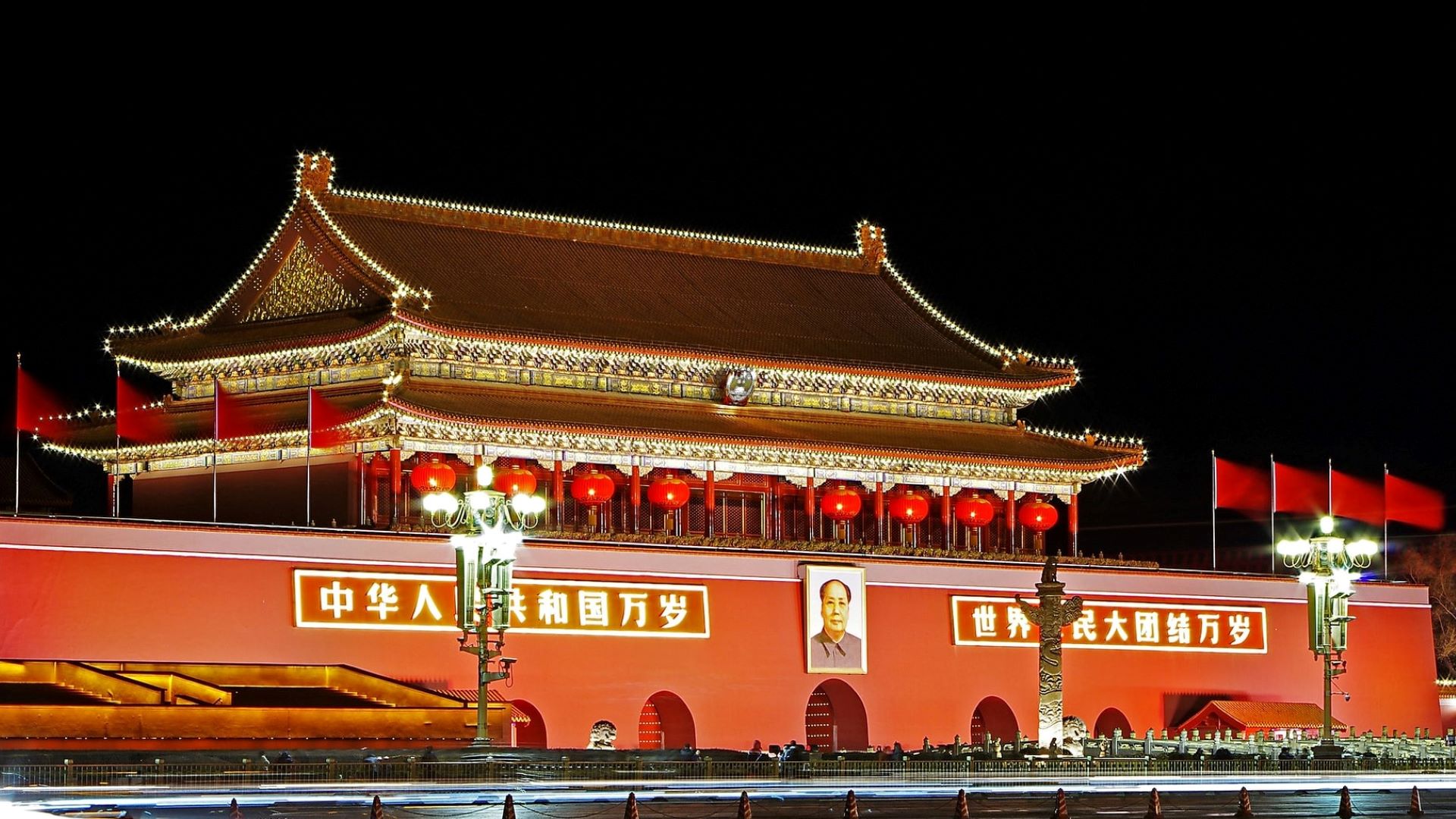
China’s authoritarian export: the technocratic menace and global ideological battle
June 4, 2023
|Civil Liberties
For over 70 years, China has been subject to one-party rule under the unashamedly authoritarian Chinese Communist Party (CCP). While the exact nature of Chinese communist ideology has shifted over time under various leaders, Chinese citizens have been extremely limited in their personal freedom. During the era of Mao Zedong, from 1949 until his death in 1976, China faced a series of humanitarian catastrophes caused by disastrous policies of central planning. The collectivization policies implemented as part of the so-called “Great Leap Forward,” the second of the CCP’s five year plans,
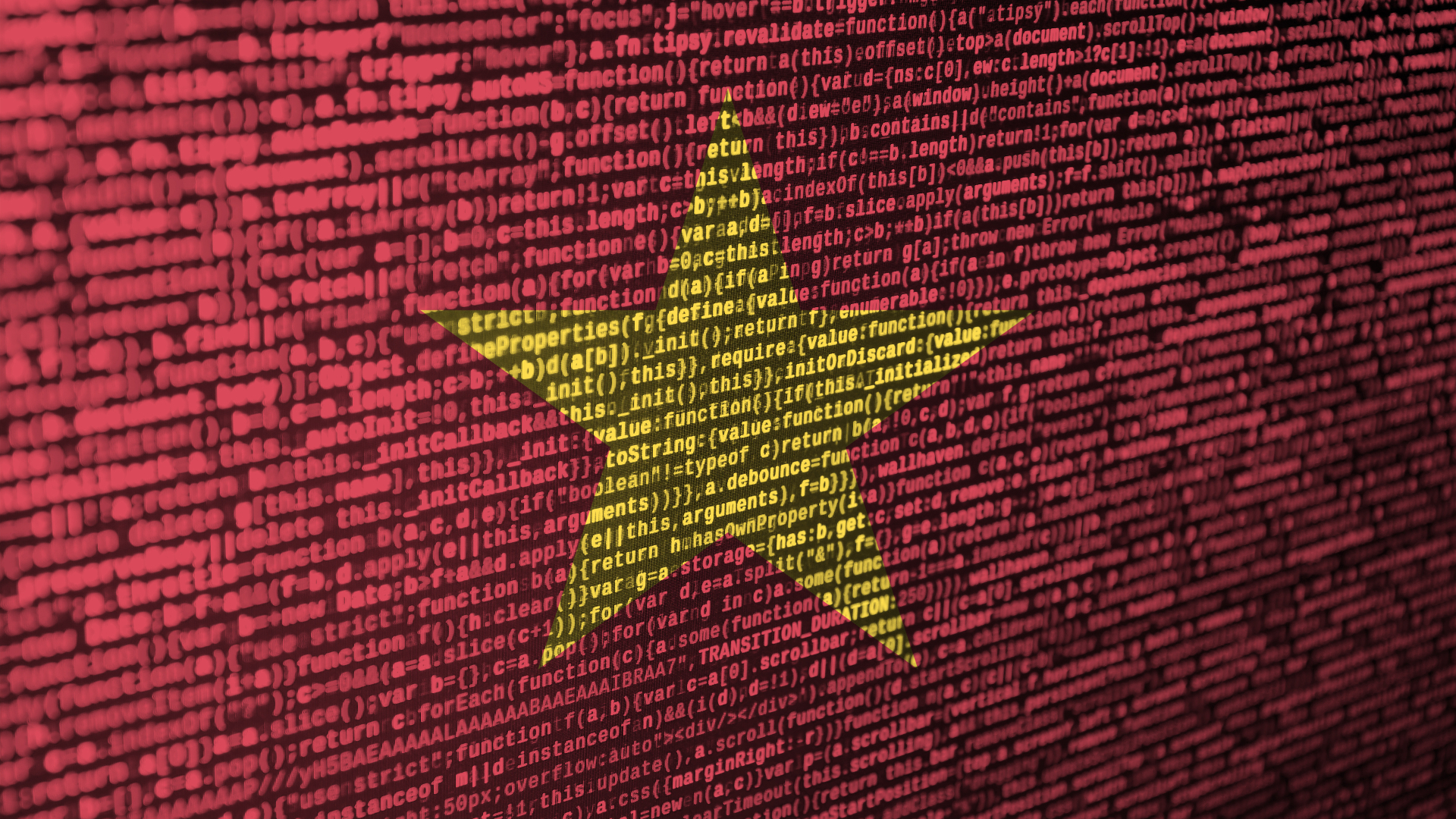
An assault on anonymity: the consequences of Vietnam’s new social media policy
June 2, 2023
|Censorship
In Vietnam, a new regulation will take effect by January 2024 requiring all social media users to verify their identities in order to use online platforms. “Unverified accounts, no matter on local or foreign platforms such as Facebook, TikTok, YouTube, will be dealt with,” declared Nguyen Thanh Lam, Vietnam’s Deputy Minister of Information and Communications. This move is a blatant violation of the right to free expression and privacy. Under the new law, social media users will be required to divulge personal information, including their real names, government identification
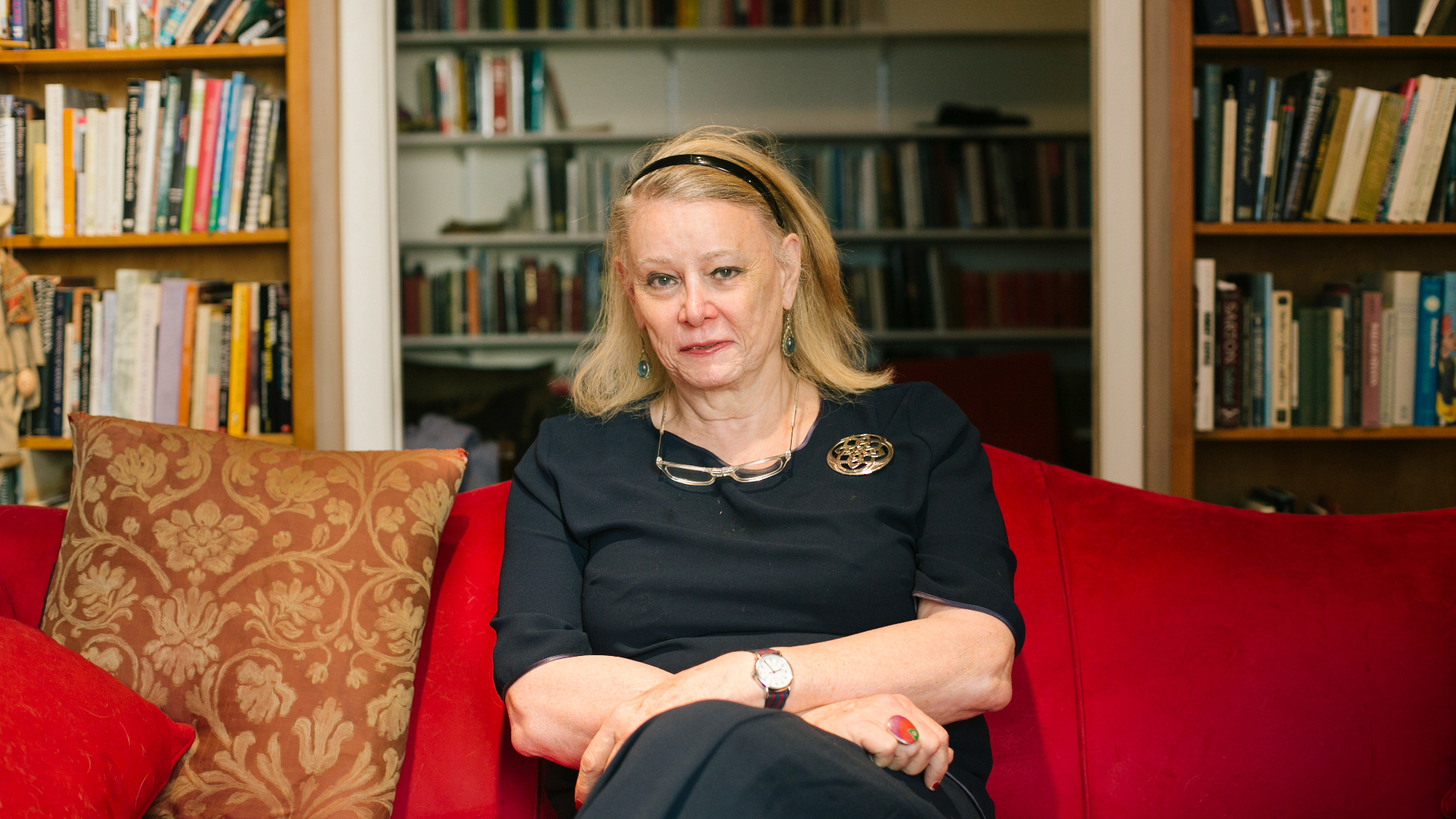
Unleashing the power of rhetoric: how Deirdre McCloskey transformed the landscape of economics
May 24, 2023
|Economics
In a world dominated by numbers and equations, one economist dared to challenge the status quo and unveil the true power of persuasive language. Meet Deirdre McCloskey, a visionary economist, historian, and writer whose groundbreaking ideas have reshaped the way we understand economic progress. From dissecting the history of economic thought to unraveling the intricate relationship between culture and prosperity, McCloskey's intellectual journey has left a significant mark on the field. But her contributions extend far beyond academia, as she fearlessly confronts social and political issues. Join
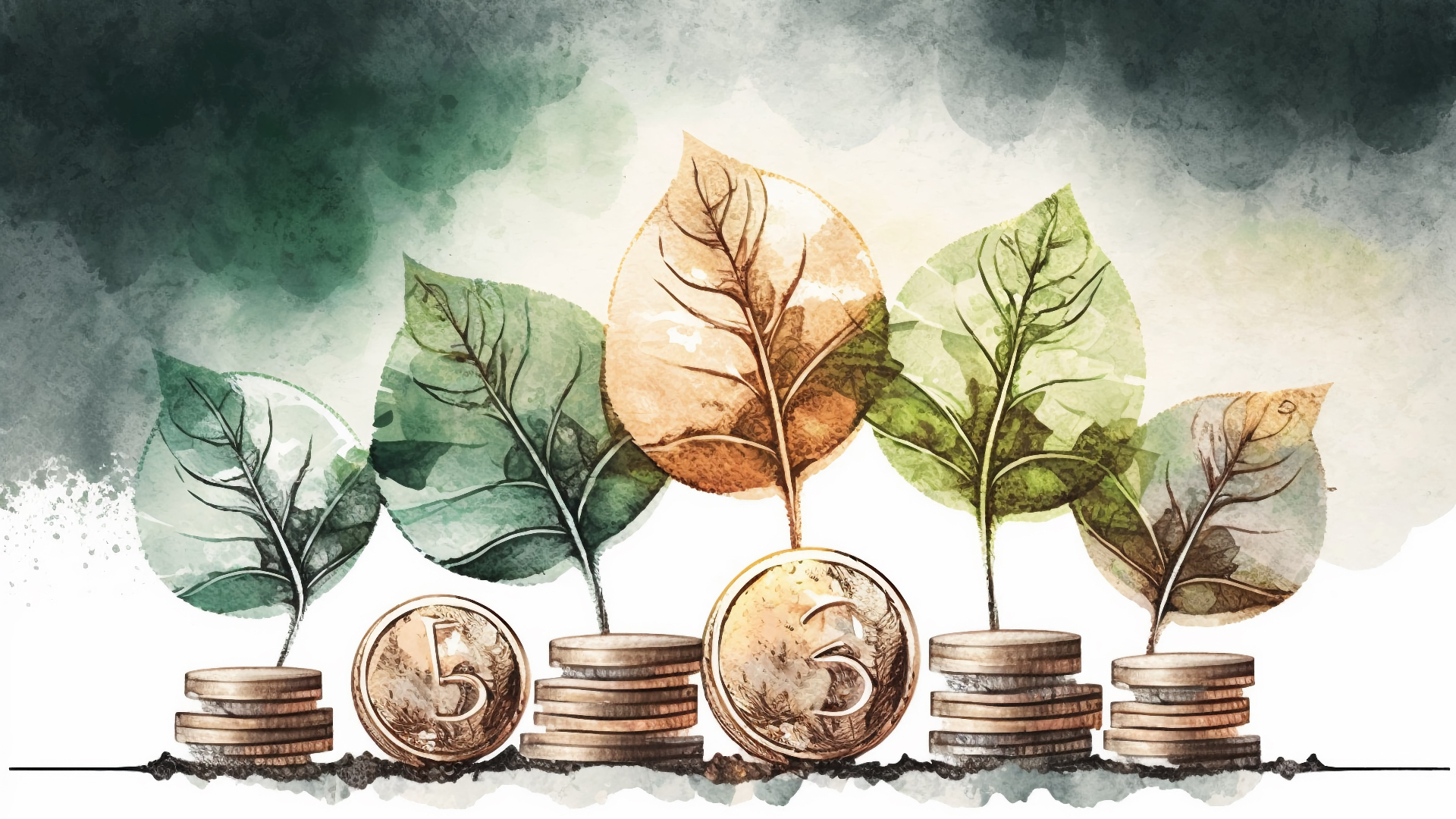
What is free-market environmentalism?
April 28, 2023
|Entrepreneurship
What comes to mind when we think of these two terms: free markets and environmentalism? Many people will assume that the two are incompatible — that free markets are detrimental to the environment and in order to reverse environmental degradation, more centralized control is needed. Indeed, when considering solutions to environmental crises, there is often a bias toward top-down, centralized state solutions. The idea that it’s up to governments to “do more” to protect the environment against free-market interests has become increasingly popular in recent years. But while environmentalism

The tragedy of the commons explained
April 13, 2023
|Environment
Easter Island, located in the middle of the Pacific Ocean, is famous for its giant stone statues. However, what is less well-known is that the island was once covered with a lush palm forest. Over 800 years ago, the Rapa Nui people arrived and settled on the island. Gradually, the population grew, and so did their demand for resources. Settlers began to cut down trees to create farmland, clear land for homes, and use timber to build fishing boats. As the deforestation continued, the island’s ecosystem was irreversibly damaged. Ultimately, the depletion of natural resources is often viewed

The TikTok dilemma: privacy risks vs the importance of free choice
March 30, 2023
|Censorship
On Wednesday, March 29, 2023, U.S. Senator Josh Hawley (R-MO) pushed for a vote on his bill that would, among other things, ban popular Chinese social media platform TikTok. However, his bid to force a vote on the proposed legislation, the Restrict Act, one that some observers have called the Patriot Act for the Internet, was blocked by fellow Republican, Kentucky Senator Rand Paul. TikTok has been under intense scrutiny for its data collection and sharing practices, with concerns raised about the platform's relationship with the Chinese government and its potential for mass surveillance
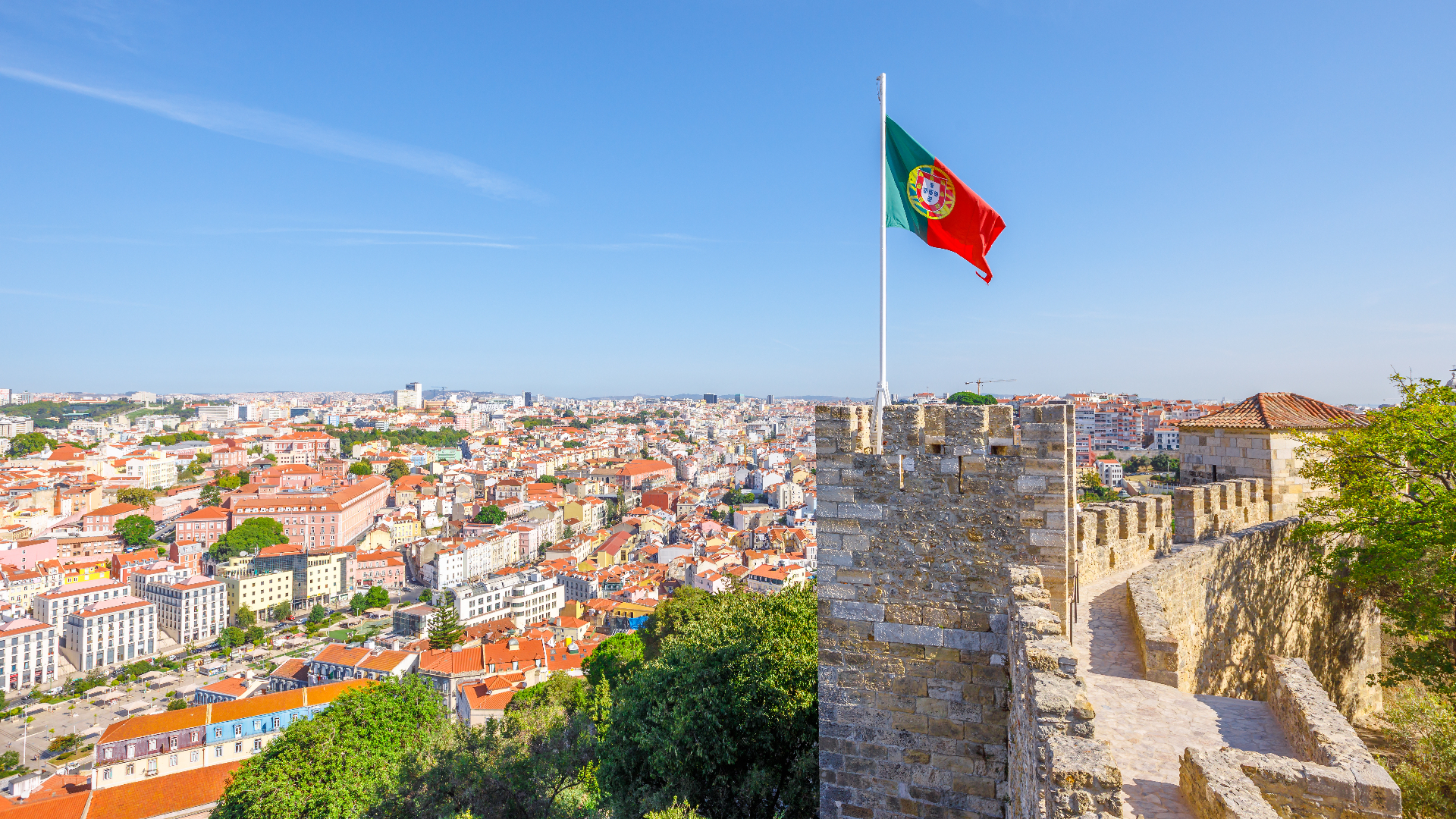
A legacy of liberty: the Portuguese Liberal Revolution of 1820
March 29, 2023
|History
Many are familiar with Portugal’s Carnation Revolution that brought an end to the authoritarian Estado Novo regime in 1974 and paved the way for democracy. Still, perhaps fewer are aware of the fascinating circumstances around the country’s Liberal Revolution, which took place just over 200 years ago. The Portuguese Liberal Revolution of 1820 was a unique episode in European history. It was a series of events fueled by the Portuguese people’s desire for greater political and economic freedom. While its success in establishing a liberal Portugal was somewhat limited and short-lived,
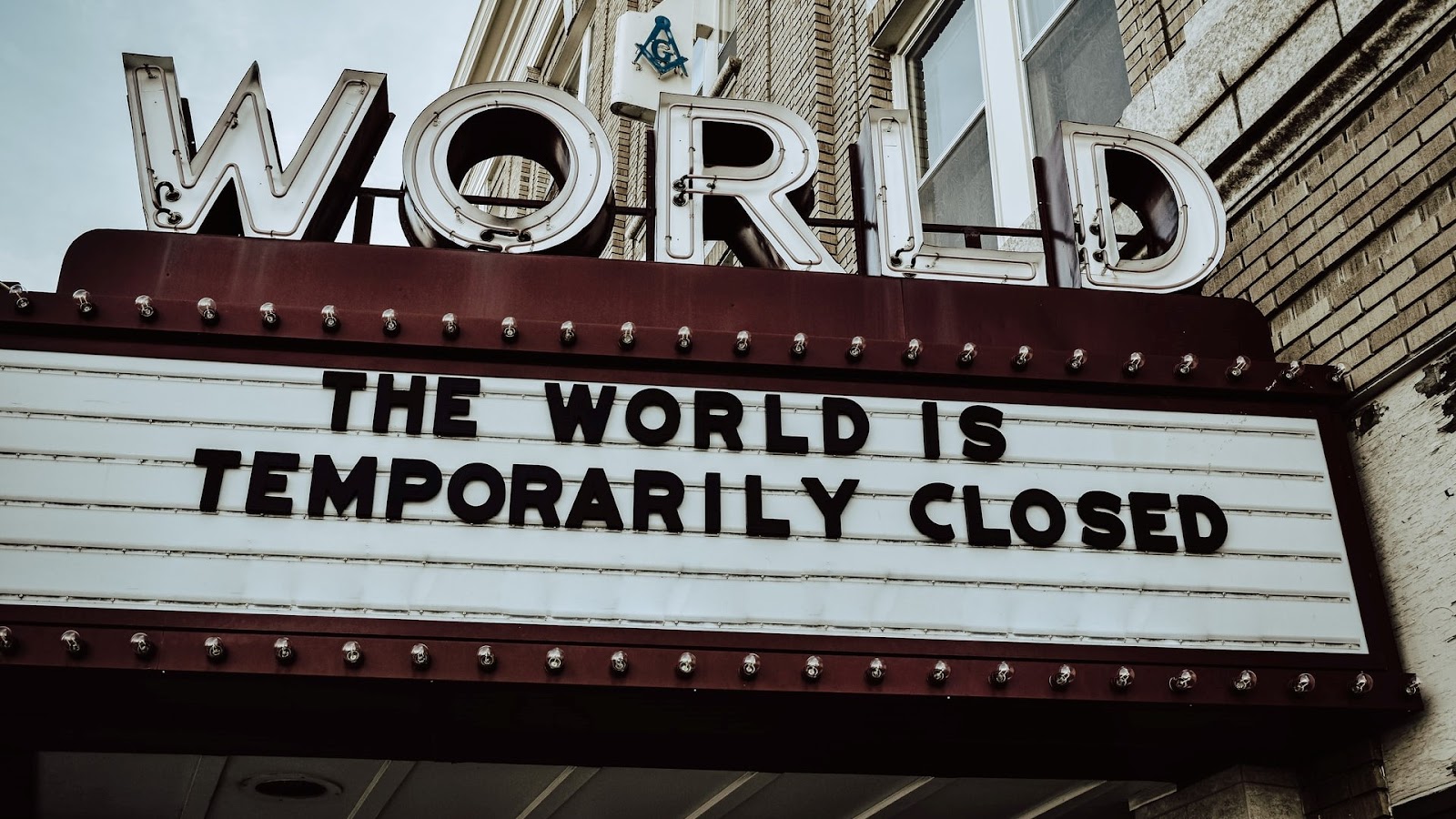
The COVID-19 pandemic highlights the changing role of government
March 24, 2023
|Civil Liberties
Not so long ago, the dystopian world of 2020 would have been impossible to foresee. Few could have imagined that many of the freedoms we enjoyed in 2019 would so easily be revoked. After what had been a largely positive decade, particularly for economic development and the reduction of global poverty, much of the progress has now been completely undone. Consequently, lockdowns raised important questions around the role of government. The world of 2020 would have been unthinkable in 2019 Most of us throughout the world have seen unprecedented threats to our civil liberties during

Women’s History Month: Meet 12 women who’ve contributed to a freer future
March 8, 2023
|History
Women’s History Month serves as an opportunity to celebrate the many great women in history who have contributed extensively to the advancement of liberty. Unfortunately, designers of state school curricula are notorious for cherry-picking which historical figures should be studied ardently, while often excluding the contributions of women who have worked towards the advancement of a freer future. This Women’s History Month, let’s take a look back at some game changers who’ve paved the way for individual liberty. 1. Ayn Rand Ayn Rand (1905-1982), a Russian-American
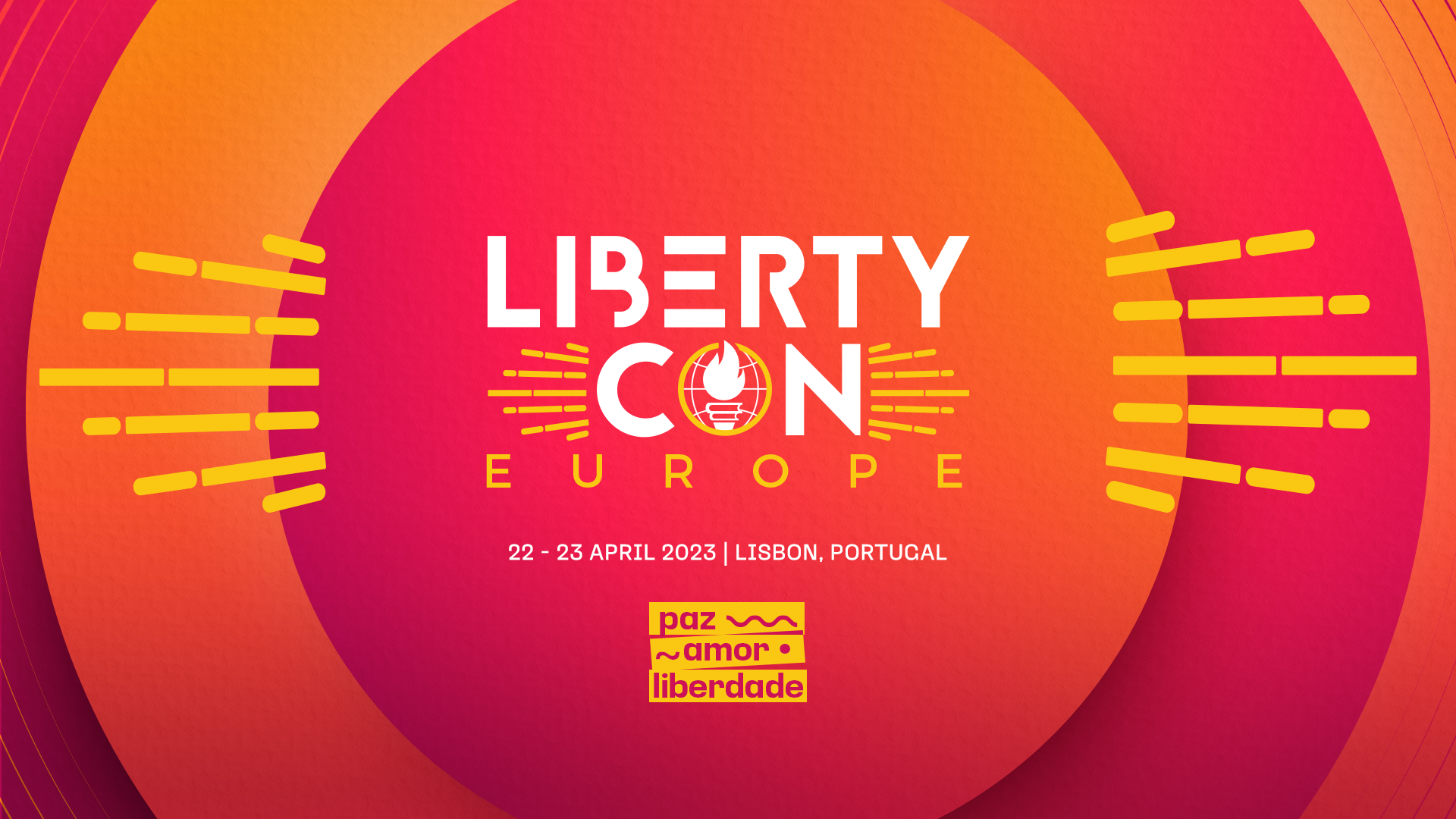
5 speakers you don’t want to miss at LibertyCon Europe 2023
March 7, 2023
|Announcement
LibertyCon Europe, Students For Liberty’s annual flagship event in Europe, is fast approaching! Held in Lisbon, Portugal, on April 22-23, 2023, this event will bring together an incredible lineup of renowned and captivating speakers encompassing a wide range of subject matter expertise. With a confirmed lineup of over 20 so far and many more to come, here is just a small selection of the fantastic speakers you don’t want to miss at LibertyCon Europe this year: 1. Antonella Marty Antonella Marty, from Rosario, Argentina, holds degrees in International Relations
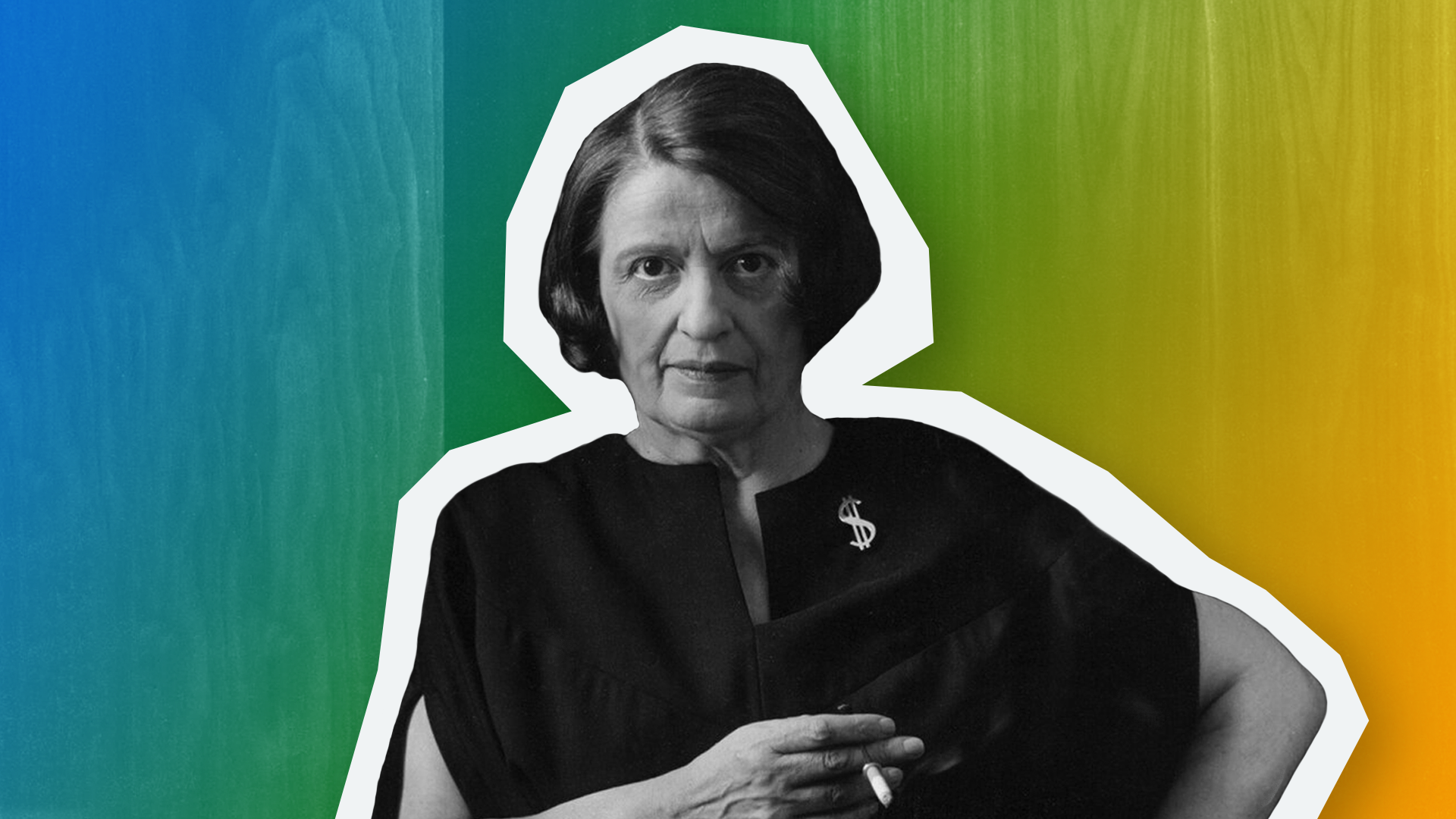
Who was Ayn Rand?
February 27, 2023
|Ethics
Ayn Rand, a celebrated author and philosopher, was one of the most influential thinkers of the 20th century. Known for her bestselling novels, such as The Fountainhead and Atlas Shrugged, Rand’s ideas have had a profound impact on the fields of politics, economics, and philosophy. Born Alisa Zinovyevna Rosenbaum in Tsarist Russia in 1905, Ayn Rand witnessed firsthand the upheaval of the Bolshevik Revolution and the repressive communist regime that ensued. Rand’s family had been well-off, but they suffered greatly under the Bolsheviks. The state confiscated her father’s pharmacy,

5 reasons to visit Lisbon in April 2023
February 20, 2023
|Announcement
Are you considering attending LibertyCon Europe in Lisbon, Portugal in April 2023? If so, you certainly won’t be disappointed with the host city. Lisbon is a destination that has it all – rich history, vibrant culture, stunning natural beauty, and a thriving business community. Here are five reasons why you should make the trip to Lisbon for LibertyCon Europe and maybe stay for a bit longer: Location: Lisbon is well-located for international visitors. The city’s Humberto Delgado Airport offers connections to most of Europe while also serving as a hub

7 Ayn Rand quotes for living a fulfilling life
February 14, 2023
|Philosophers
Ayn Rand (1905-1982), the 20th-century philosopher and novelist best known for titles such as Atlas Shrugged and The Fountainhead, developed a unique philosophical system. She termed this Objectivism. Central to her philosophy is the idea that each of us should hold our own personal happiness as our highest moral purpose. Throughout her writing, Ayn Rand argued that individuals must work towards developing their own mind and character in order to achieve their full potential and live a virtuous life. She emphasized the importance of reason, self-esteem, and independence in personal development

What is capitalism?
February 8, 2023
|Free Markets and Capitalism
Capitalism is a term that has been subject to much debate and controversy over the past century and beyond. Commentators have disagreed fiercely over not only the merits of capitalism but also the meaning of the term itself. Nonetheless, a brief and uncontroversial way to define capitalism is as an economic system that emphasizes private ownership and the creation of goods and services for the purpose of profit. Capitalism can be viewed as an economic system that has been a driving force in many advanced economies, fostered growth and innovation, enabled people to lift themselves out of poverty,
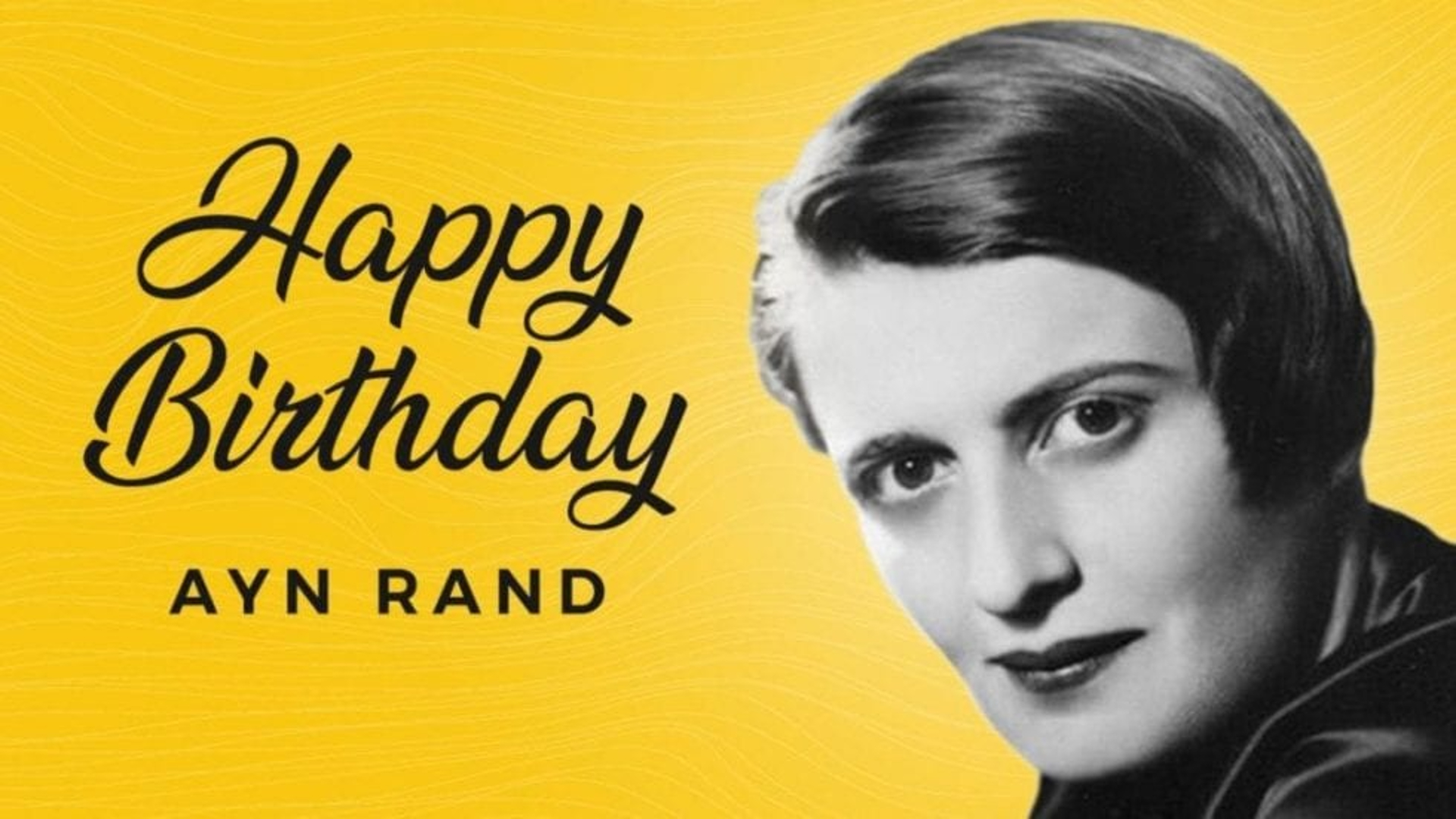
Happy Birthday Ayn Rand
February 2, 2023
|Philosophers
Ayn Rand, one of the most influential pro-liberty minds of the 20th century, was born 118 years ago today. Considered to be a novelist and philosopher in equal measure, she promoted Objectivism, her philosophical system, through many works of both fiction and nonfiction. Some prominent examples of her work include Anthem (1938/1946), The Fountainhead (1943), Atlas Shrugged (1957), and The Virtue of Selfishness (1964). Her writing had a profound impact on many of her readers and led to the emergence of the Objectivist movement, which promotes

NIMBYs vs. affordable housing
January 10, 2023
|Free Markets and Capitalism
In recent years, the already severe housing crisis in the United States and, indeed, throughout much of the world has only been getting worse. Different observers are quick to blame this phenomenon on various factors, be it greedy landlords, vulture-like investors buying up all available housing to rent or leave empty, or even gentrification, where affluent hipsters colonize previously affordable areas and push prices up. However, all of these supposed causes completely miss the ultimate cause of the housing crisis: NIMBYism. What is NIMBYism? The “NIMBY”

Join us in Lisbon, Portugal for LibertyCon Europe 2023!
January 6, 2023
|Announcement
LibertyCon Europe, the continent’s largest annual pro-liberty gathering, is coming to Lisbon, Portugal, on April 22 - 23, 2023! Over 700 attendees and more than 30 pro-liberty organizations from across Europe and beyond will gather in the Portuguese capital for this event that is highly anticipated following the success of LibertyCon Europe 2022 in Prague, Czechia. As always, LibertyCon Europe aims to educate and engage students, alumni, and partners around the most important issues of liberty today. For 2023, we will particularly focus on ideas and principles around free markets, an

Don’t believe the hype, Bitcoin is not anti-environment
January 4, 2023
|Cryptocurrency
Bitcoin, a highly innovative, completely decentralized peer-to-peer digital currency, has seen an exponential rise in prominence and usership since its inception in 2009. Owing to its wide variety of uses, it enjoys unique advantages over both fiat currency and commodities. However, in recent years, while Bitcoin has become increasingly popular, it has also gained many detractors. One of the charges leveled against Bitcoin is that it has a substantial negative environmental impact. But this charge is simply exaggerated at best, and downright false at worst. Aside from relying on,
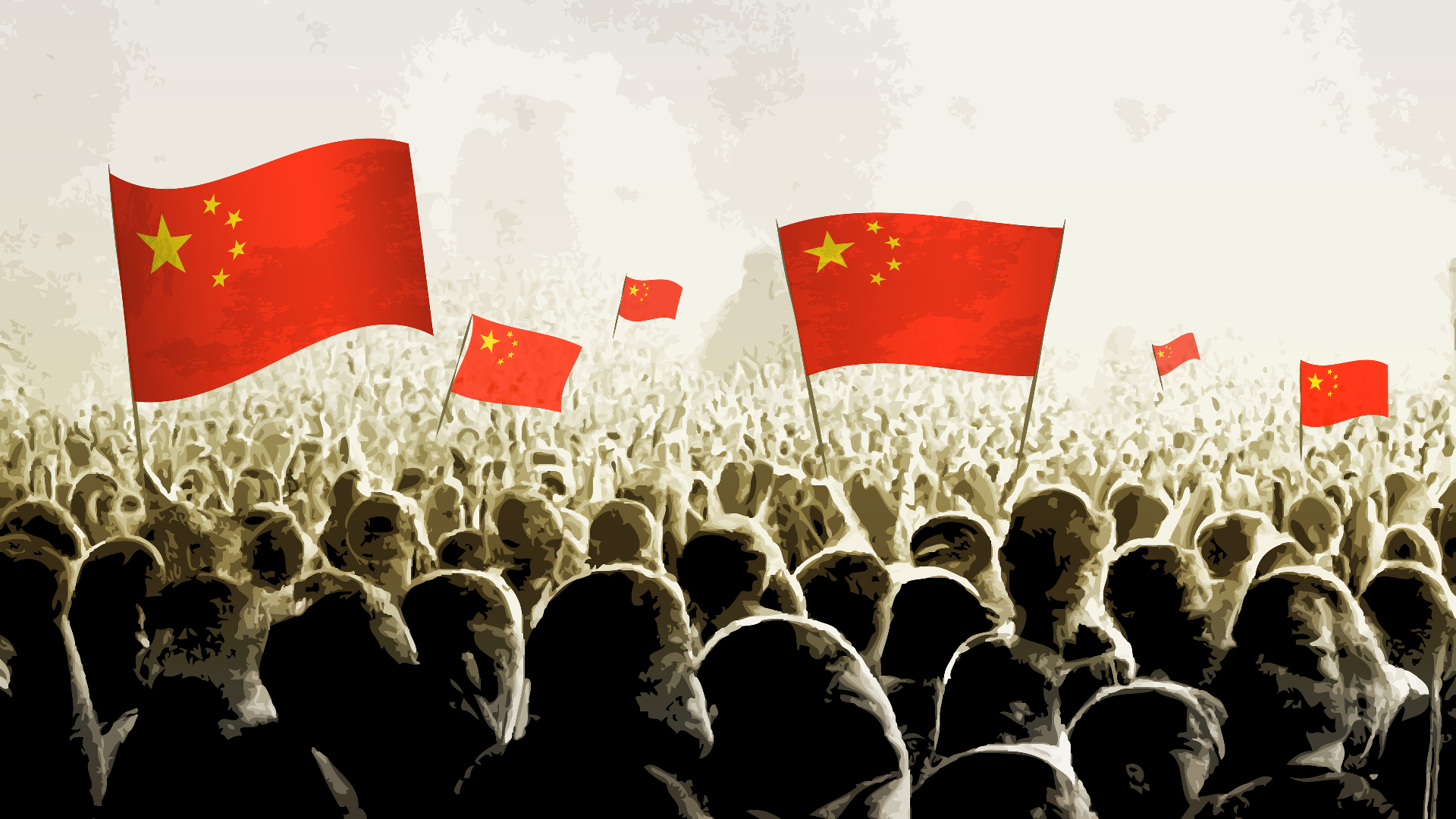
What’s happening in China: is the communist regime in trouble?
December 1, 2022
|Civil Liberties
At present, whenever the world’s attention is not on the controversial Qatar World Cup, it is firmly on what is happening in China. The authoritarian, communist regime, ruled with an iron fist by Xi Jinping for the past decade, is seeing protests on a scale not seen in generations. Protests against China’s draconian zero-Covid policy have been ongoing since mid-November, but their scale increased dramatically in the aftermath of a deadly fire in Ürümqi on November 24. The blaze occurred in a residential high-rise and claimed the lives of 10 people. The efforts to tackle the fire and

The dark side of the Qatar World Cup
November 28, 2022
|Human Rights
Ever since Qatar was announced as host twelve years ago, the 2022 FIFA World Cup has been subject to intense controversy. This is due to the country’s dire human rights record and the corruption scandal surrounding the awarding of hosting rights. However, as the tournament unfolds, Qatar’s status as a fundamentally illiberal regime has increasingly become the elephant in the room. The deeply conservative country has claimed it is ready to welcome the world, but in practice, we have seen a succession of controversies that highlight significant differences in values between Qatar and

Here’s why population growth is an opportunity, not a threat
November 18, 2022
|Environment
In November 2022, the United Nations announced that the world’s population is now estimated to have reached 8 billion — up from 7 billion as recently as 2011. This latest milestone has seen renewed alarmism from those who believe that the planet is already overpopulated. Indeed, many observers believe that some action is needed to prevent future population growth to avoid resource scarcity and ecological disaster. But is population growth really such a threat to humanity? There are many reasons to believe that, quite the opposite, population growth actually amplifies opportunities for tackling

Five myths about Ayn Rand and Objectivism
October 14, 2022
|Philosophy
Ayn Rand (1905-1982) was a Russian-American novelist, playwright, and philosopher who has a lasting legacy as one of the foremost thinkers of the twentieth century. Her philosophy of Objectivism, presented throughout both her works of fiction and nonfiction, is groundbreaking and unique. Objectivism is consistently mischaracterized and stereotyped in popular media, and is blamed as responsible for any right-leaning political development. Here are five common myths that you may have heard about Ayn Rand. Myth #1: Ayn Rand was against charitable giving A cornerstone of Ayn Rand’s

Biden’s pardon of those convicted of marijuana possession is a huge step
October 7, 2022
|War on Drugs
President Biden has made the momentous decision to issue a pardon for all those convicted under federal law for possession of marijuana. This long overdue course of action is a huge step in the right direction. For half a century, millions of Americans have been severely persecuted for mere possession of marijuana. Individuals who did nothing to harm others have been imprisoned and denied employment, housing, and educational opportunities. It is about time this terrible injustice is addressed. Biden’s pardon aims to rectify past wrongs While the pardon is arguably one of

Why Congress is broken
October 4, 2022
|Announcement
For a number of years now, it has become increasingly apparent that Congress is broken. It has gradually evolved into a performative body wherein individual representatives are stripped of any ability to create change. A decade ago, Speaker Boehner restricted and Speaker Ryan subsequently ended the ability for members of Congress to submit legislative amendments. Since then, as the new house rules were maintained by every subsequent speaker regardless of their party, congressional power has effectively been controlled by the speaker of the House, the president, and the senate majority leader. During

Libertarianism: perfect solution or unrealistic fantasy?
September 30, 2022
|Announcement
Does libertarianism offer the perfect set of ideas to solve our problems, or are there a number of issues that it overlooks, making it an unrealistic fantasy? Libertarianism is an ideology that prioritizes individual freedom above all else, and there are a number of metrics by which we can demonstrate that greater freedom paves the path towards greater prosperity and human flourishing. They emphasize the idea that a number of positive unintended consequences arise from individual freedom, with justice and social harmony chief among these. For instance, we can put the books down and look

Five myths about the Great Depression
September 27, 2022
|Economics
The Great Depression is one of the most misunderstood periods in American history. It has become symbolic for American progressives. FDR’s New Deal is seen, and taught, as the great piece of legislation that saved America, and has become synonymous with big government programs that aim to do the same. But the idea that unchecked capitalism ruined the economy and big government saved us is simply a myth that is only “true” because it is repeated ad nauseam. Once you do a little digging, there’s more than meets the eye to this desperate period of American history. Here are

Why millennials should want lower taxes
September 20, 2022
|Taxing
The millennial generation is well-known for, on average, supporting economic policies deemed as progressive, and being in favor of generous social programs, even if that means being made to pay more in taxes. Seeking to establish themselves amid the tumultuous economic landscape of the early 21st century, millennials have faced - and continue to face - unique economic challenges that are different to those faced by previous generations. Naturally, millennials feel hard done by. Especially when considering how much average housing prices across the U.S. have risen in the past couple

Student loan debt forgiveness is not the sunshine and rainbows we think
August 31, 2022
|Gov't Debt & Spending
Rising student debt is one of those issues that crops up every few years and is still grossly misunderstood. The cost of living crisis has been a catalyst to unearth this old issue once again, and predictably there has been great pressure on the government to forgive the debt. To this end, with one eye on the upcoming midterms, President Biden has unveiled a plan to cancel $10,000 worth of debt for millions of graduates, and in some cases up to $20,000. The president’s plan raises important questions about fairness, as well as the underlying reasons why education costs so much in the
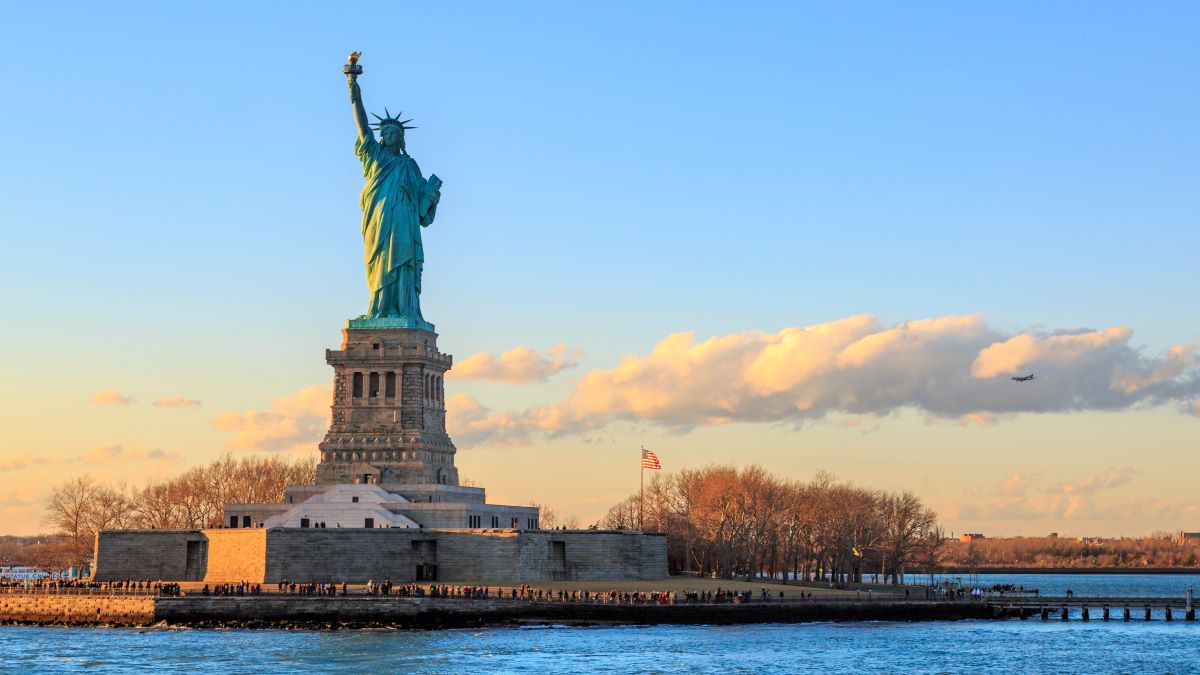
Neoliberalism and libertarianism
August 9, 2022
|Free Markets and Capitalism
Anyone remotely interested in politics will have heard the term “neoliberal” being used at some point. It is often weaponized by detractors in an attempt to ascribe all the world’s problems to a form of pro-capitalist economic policy and thus classical liberal values in general. But what is neoliberalism in reality — and how does it relate to classical liberalism and libertarianism? Neoliberalism and libertarianism share many common principles despite meaning different things to different people. Both trace their origins back to the classical liberal ideas of the Enlightenment

The Gadsden flag: a historic symbol rooted in classical liberalism
July 29, 2022
|History
The Gadsden flag, with its famous depiction of a defensive timber rattlesnake and the motto “Don’t tread on me,” has commonly been associated with the liberty movement, the values of individual freedom, and opposition to coercion. However, much confusion has emerged surrounding the Gadsden flag’s meaning and significance, particularly in recent years. Over time, a variety of groups have attempted to appropriate the symbol as a representation of their cause, even if this cause is completely contrary to the ideas and values the Gadsden flag has been traditionally understood to represent. The

What to expect at LibertyCon International 2022
July 22, 2022
|Announcement
This October, LibertyCon International will be back on the calendar for the first time since 2019! Students For Liberty invites all friends of liberty to join us for our flagship event, LibertyCon International, which will take place in Miami, FL on October 14-15, 2022. Here is a sneak peek of what we have in store for the largest international gathering for liberty lovers running for over a decade… 1. Every topic you could want at the forefront of the pro-liberty cause LibertyCon International will feature discussions on some of the most hotly-contested

A new beginning for the Learn Liberty blog
July 15, 2022
|Liberty
This month, the time has finally come for the Learn Liberty blog to experience a new beginning! In the three years since Students For Liberty acquired the Learn Liberty brand, we have made great strides in developing powerful new video content. As part of the next steps to utilize this brand, the Learn Liberty website, which already hosts an extensive library of engaging written content, will now serve as the home of Students For Liberty’s global blog. Following this transition, the Students For Liberty website will serve primarily as a platform for organizational updates and information

Why the gas tax holiday should be made permanent
July 6, 2022
|Taxing
America is facing a cost of living crisis fueled by the highest inflation rate in over four decades. In early June, as inflation woes were compounded by disruption to supply chains, the national average for a gallon of gas surpassed $5 for the first time on record. In response to the increasing struggle facing consumers, President Biden has called on Congress to suspend federal gas tax for 90 days. This has raised a number of questions around the various taxes, fees, and duties levied on gas across the country and their impact on consumers, along with questions around infrastructure

Why was this year’s 4th of July cookout so expensive?
July 5, 2022
|Basic Economics
Inflation is the economic story of the year, and it doesn’t look to be going anywhere soon. Amid disruption to global supply chains and a period of unprecedented government spending, this year’s 4th of July cookout has been particularly expensive. According to a survey from the American Farm Bureau Federation, the overall cost of an average 4th of July feast is up by a staggering 17 percent from 2021. This correlates to a significant increase in the cost of groceries in general. Consumers are now paying significantly more for many 4th of July cookout favorites such as cheeseburgers,

We cannot let freedom of speech become a casualty of war
June 17, 2022
|Free Speech
War is hell. It leads to tragic and unnecessary loss of life; it leads to suffering and pain for those who survive. But there are more subtle yet no less damaging aspects to war that people forget about. Politically speaking, war leads to a massive loss in civil liberties for those involved. State suppression of free speech is the clearest example of this menace. Vladimir Putin’s Russia: a pertinent example of wartime censorship The Russian state’s suppression of free speech leaves citizens with very limited options for voicing dissent against the war in Ukraine. Indeed,

New battlegrounds: liberty in a time of realignment
May 25, 2022
|Democracy and Voting
Most of us have grown up with a particular idea of what left and right means when it comes to politics. There are many different combinations of views, but the broad assumption has been that the left fights for socialism while the right fights for capitalism. But since the 2010s, we’ve seen the nature of these battles change. With the rise of populism and the culture war, the factions people identify and ally with are shifting dramatically. In the 2020s, this phenomenon shows no signs of fading away. But what is driving this sense of political realignment and what might the future

What Elon Musk buying Twitter means for social media and free speech
April 27, 2022
|Free Speech
On April 25, 2022, entrepreneur Elon Musk was successful in purchasing Twitter for a sum of around $44 billion. Musk has pledged significant changes to the social media platform and has often affirmed a commitment to free speech, but what will this takeover actually mean for the future of these things? Elon Musk’s takeover of Twitter is a case of the market providing The decision by Elon Musk to pursue sole proprietorship is a response to widespread dissatisfaction with Twitter’s content moderation policies. There has been growing public outrage over Twitter’s

Five myths about inflation
April 12, 2022
|Basic Economics
Around the world, many countries, including the United States, are seeing inflation rates rise higher than we’ve seen in a generation. Yet there are a number of myths going around about inflation that many people believe. Some of these myths about inflation are particularly convenient for governments, who get to excuse their own behavior and put the blame elsewhere. Inflation is fundamentally a monetary phenomenon. From 1980 to 2020, the annual growth in the money supply stood at less than 6 percent. But since 2020, this rate has tripled. As the government has been running out

The Prague Spring: planting the seeds of freedom
April 6, 2022
|Civil Liberties
A period of reform and liberalization driven by a popular movement against authoritarianism, the Prague Spring of 1968 was a brief yet significant episode in modern European history. It has a legacy that proved influential in the eventual downfall of the Eastern Bloc a generation later, and continues to inspire to this day. How did the Prague Spring come about? Under the hardline communist leadership of Antonín Novotný, Czechoslovakia was subject to years of political repression and economic decline. Czechoslovakia in the 1960s was a highly centralized
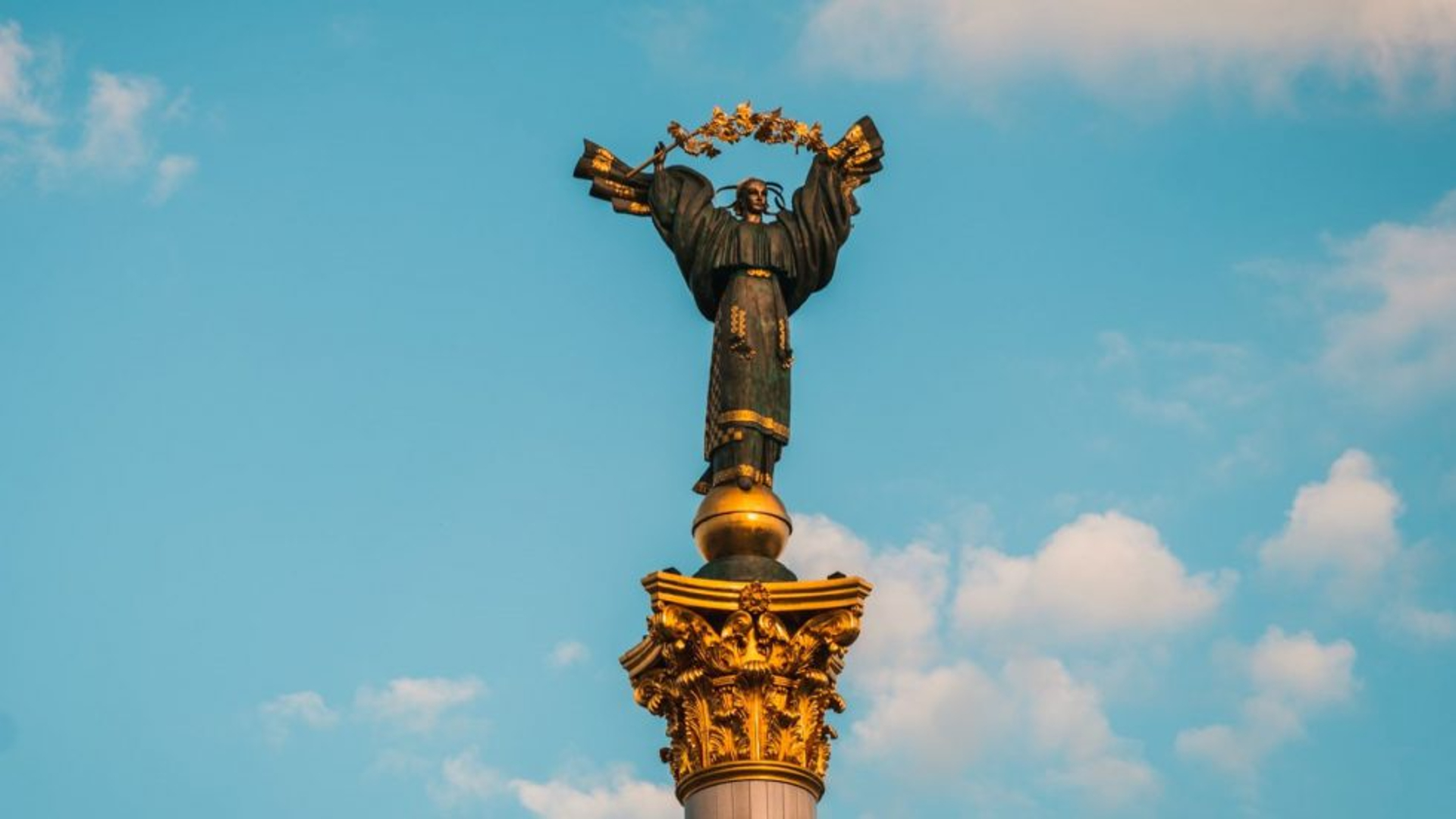
Ukrainians stand defiant in the face of Putin’s aggression
March 4, 2022
|Justice
On February 24, 2022, Vladimir Putin ordered a full-scale invasion of Ukraine. This unprovoked, brutal, and irrational move came after months of assurances from Russia’s authoritarian leader that the mobilization of troops along the Ukrainian border was a mere military exercise. Officially, the Russian regime has packaged this war of aggression as a “special military operation” to demilitarize and “denazify” Ukraine, which it accuses of presenting a serious threat to Russia’s national security as well as persecuting its Russian-speaking minority. But Putin’s narrative, driven by

What makes Ayn Rand so significant
February 28, 2022
|Ethics
When people think of terms such as capitalism, individualism, or selfishness, one name comes to mind: Ayn Rand. A Russian-American novelist and philosopher, famous for books such as Atlas Shrugged, The Fountainhead, and We the living. Yet, the 20th century was full of influential thinkers who turned the tide of global political and economic trends, so what made Ayn Rand stand out as so significant? Objectivism: a unique philosophical system Throughout her work, whether in fiction or nonfiction, Ayn Rand (1905-1982), promoted a unique philosophical system

Freedom Convoy: Justin Trudeau chooses repression over removing mandates
February 19, 2022
|Civil Liberties
Canada is in a state of turmoil amid the Freedom Convoy and protests against government vaccine restrictions and mandates. Justin Tudeau’s government has granted itself powers designed for a national crisis, allowing it to deploy the military, prohibit gatherings, suspend insurance, seize funds, and even direct labor. The powers invoked under the Emergencies Act have extremely serious implications — effectively treating protesters as domestic terrorists. This crisis has changed from a minor dispute on the legitimacy of vaccine policy to an existential question on the legitimacy

Ukraine’s foreign policy is a matter for Ukrainians, not Putin
February 10, 2022
|Government
Ukraine has now been a sovereign and independent nation for over 30 years. As a sovereign and independent nation, Ukraine’s foreign policy is not a matter to be determined by Russia, the United States, or the European Union — it is a matter for Ukrainians. Russian leader Vladimir Putin clearly disagrees. As Ukraine pursues a policy of closer alignment with the West, its relations with Russia have deteriorated to the point of being on the brink of a full-scale war. Right now, over 100,000 Russian troops are deployed along the Ukrainian border, ready for a potential conflict
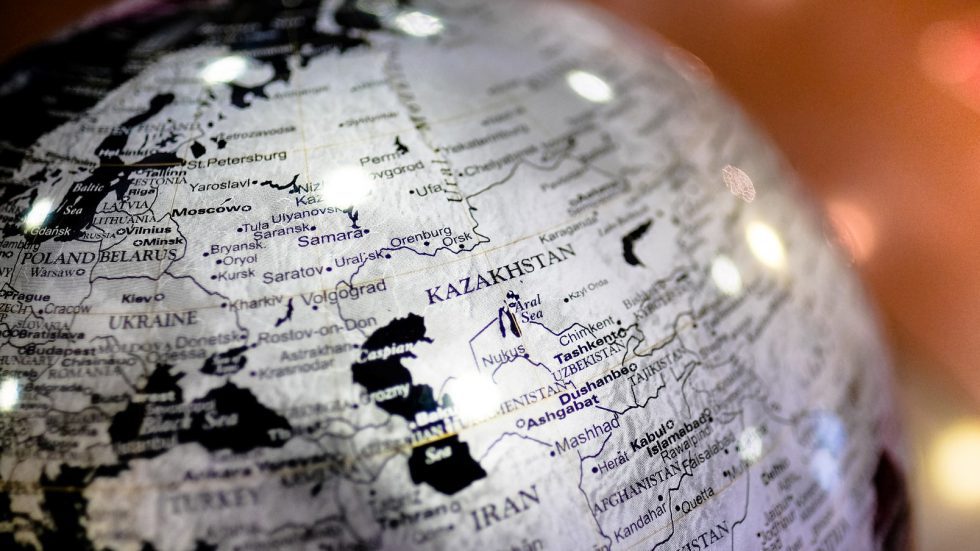
What’s been happening with the protests in Kazakhstan?
January 14, 2022
|Civil Liberties
In recent weeks, the Central Asian nation of Kazakhstan has witnessed anti-government protests on a scale not seen during its three decades of independence. Despite many years of authoritarian rule and corruption, this sudden wave of protests has still been a surprise to many in a country lacking organized political opposition. Regardless of the outcome, there is a clear appetite for meaningful change among the people of Kazakhstan. How did Kazakhstan get to this point? Kazakhstan became an independent nation in 1991 as part of the dissolution of the Soviet Union.

The post-Soviet world, 30 years on
December 28, 2021
|Civil Liberties
December 2021 marked 30 years since the collapse and dissolution of the Soviet Union, history’s most prominent example of humanity’s failed experiment with socialism. After decades of one-party rule and strict government control over almost every aspect of society, the 15 former Soviet Socialist Republics found themselves presented with unprecedented choices in how to govern themselves. Before its collapse, the Soviet Union had faced a prolonged era of economic stagnation as the colossal bureaucracy involved in centrally planning the Soviet economy could not adapt to the requirements

Build Back Better is more about handouts than human infrastructure
December 11, 2021
|Economics
If passed, the ambitious legislative plan proposed by Joe Biden, known as “Build Back Better,” will be the defining achievement of his Presidency. Elements of this agenda have been implemented over the course of 2021, while other more contentious aspects are still subject to ongoing deliberation and debate. In theory, it’s supposed to be a public spending plan to fix America’s crumbling infrastructure. In reality, it’s scope is far broader than that. Social and climate change policy has crept into the legislation and the bill is riddled with handouts for special interest groups
Liberty, delivered to your inbox!
Want to know more about Student For Liberty’s impact, new initiatives, and other efforts made to advance liberty around the world?
Sign up for our email newsletter to stay connected.
Subscribe Now

